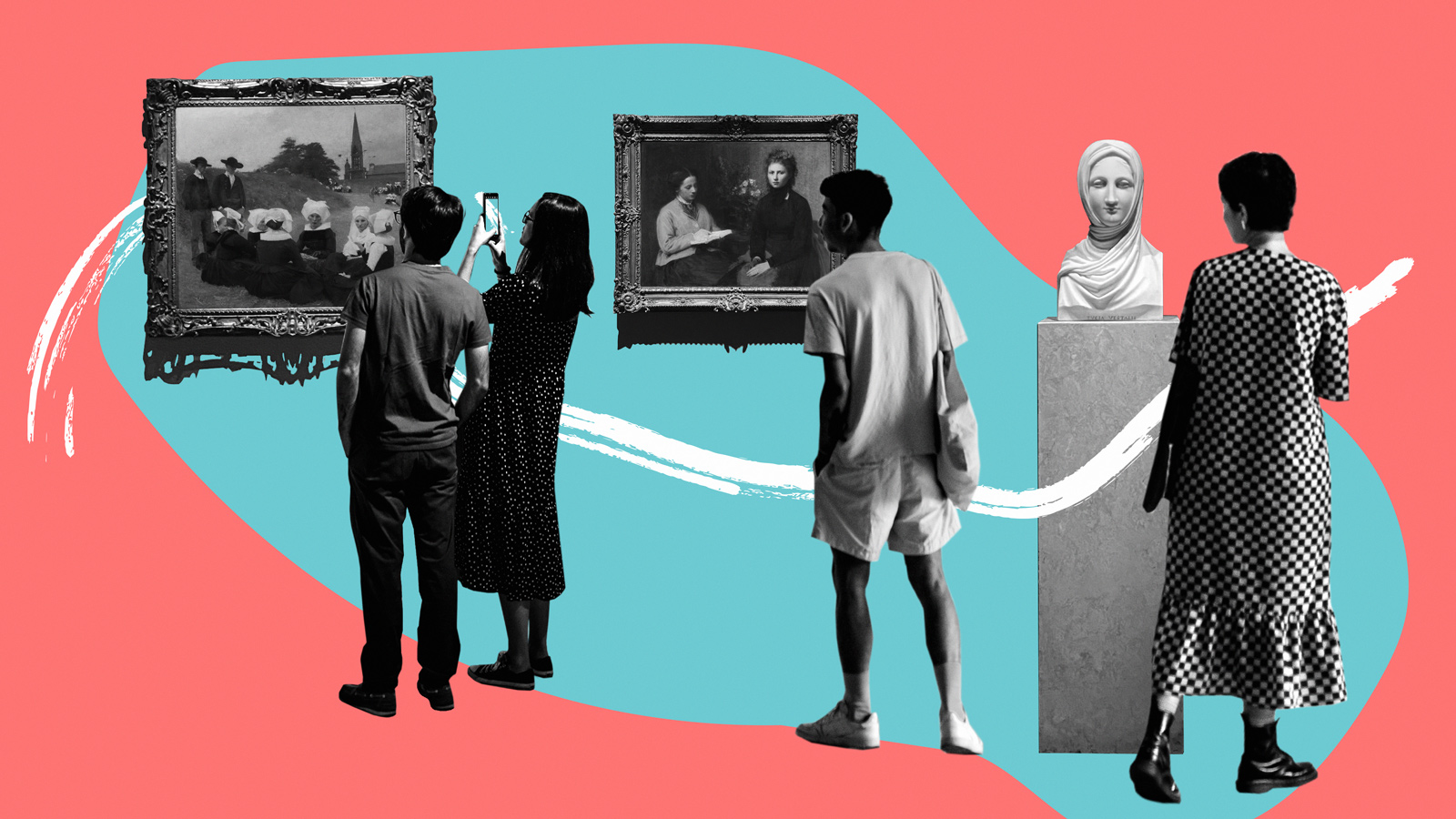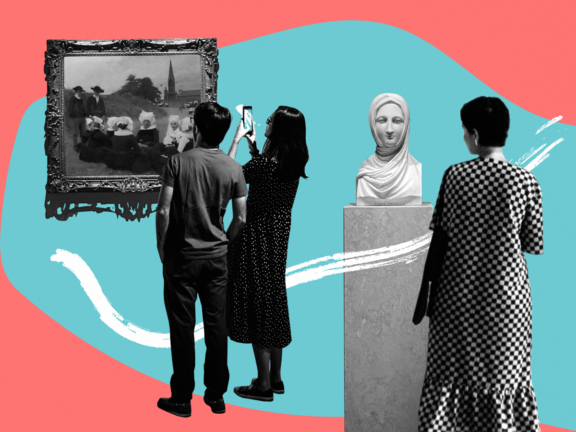
Summer School
Museums, Democracy and Citizenship
Event Slider
Date
- / Cancelled / Sold out
Location
Auditorium 2 Calouste Gulbenkian FoundationThe event will be broadcast live and available on this page, except for the masterclasses on September 27.
This three-day event will convene researchers, museum professionals and creative minds for a stimulating discussion on the civic role of museums citizenship practices for fostering democratic values and competencies.
The Summer School programme offers a diverse range of topics. The opening day examines the impact of Artificial Intelligence on museums. The second day focuses on sharing power, and discusses new approaches to exhibiting historical art, participatory curatorship and collaborative networks. The third and final day, dedicated to sharing systems, explores digital empowerment and the role of museums in the construction and contesting of historical identities.
Speakers
-
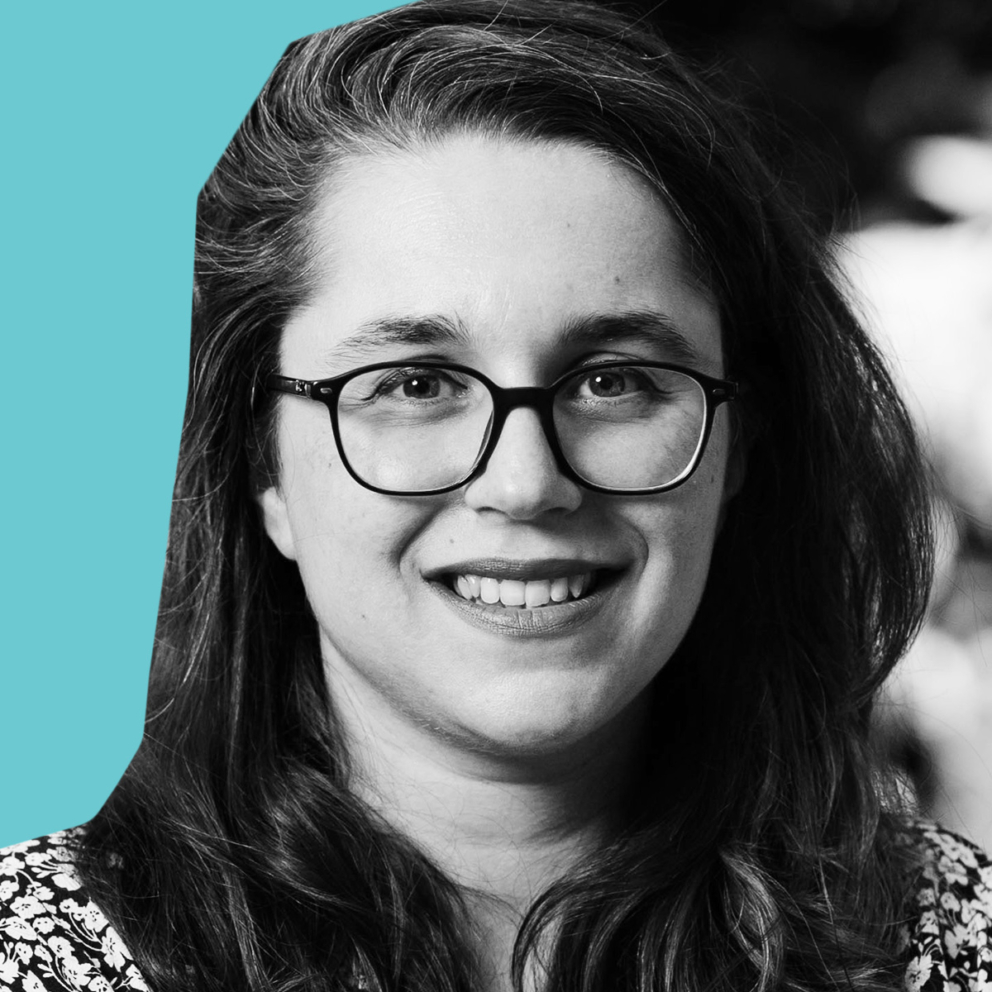
Ana Maria Campino
With a degree in Art History from Universidade Nova de Lisboa and a Master’s in Museology from the École du Louvre (Paris), Ana Maria Campino is curator of European books and graphic documents at the Calouste Gulbenkian Museum. Between 2011 and 2022, she was responsible for producing exhibitions (until 2016) and editing printed and online content for the Museum’s publications, sometimes in partnership with other institutions (‘Amadeo de Souza-Cardoso (1887-1918)’, 2016, Grand Palais, Paris).
-
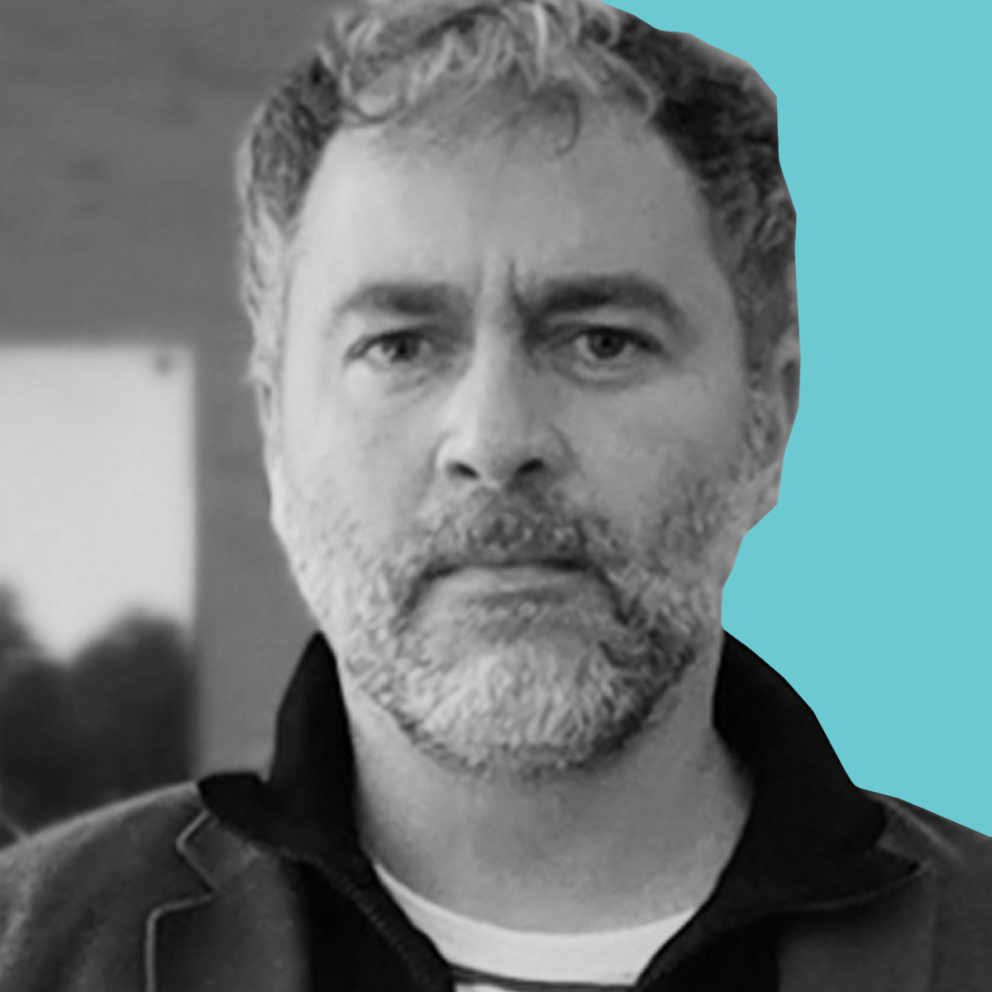
António Carmo Gouveia
Researcher at the Centre for Functional Ecology of the University of Coimbra and Executive Coordinator of the UNESCO Chair in Biodiversity Safeguard for Sustainable Development. He was director of the Botanic Garden of the University of Coimbra and the Serralves Foundation Park. His projects cover the history and communication of science, scientific collections, plant diversity and ecology, and citizen science initiatives. He coordinates the project and platform Cartas da Natureza
-
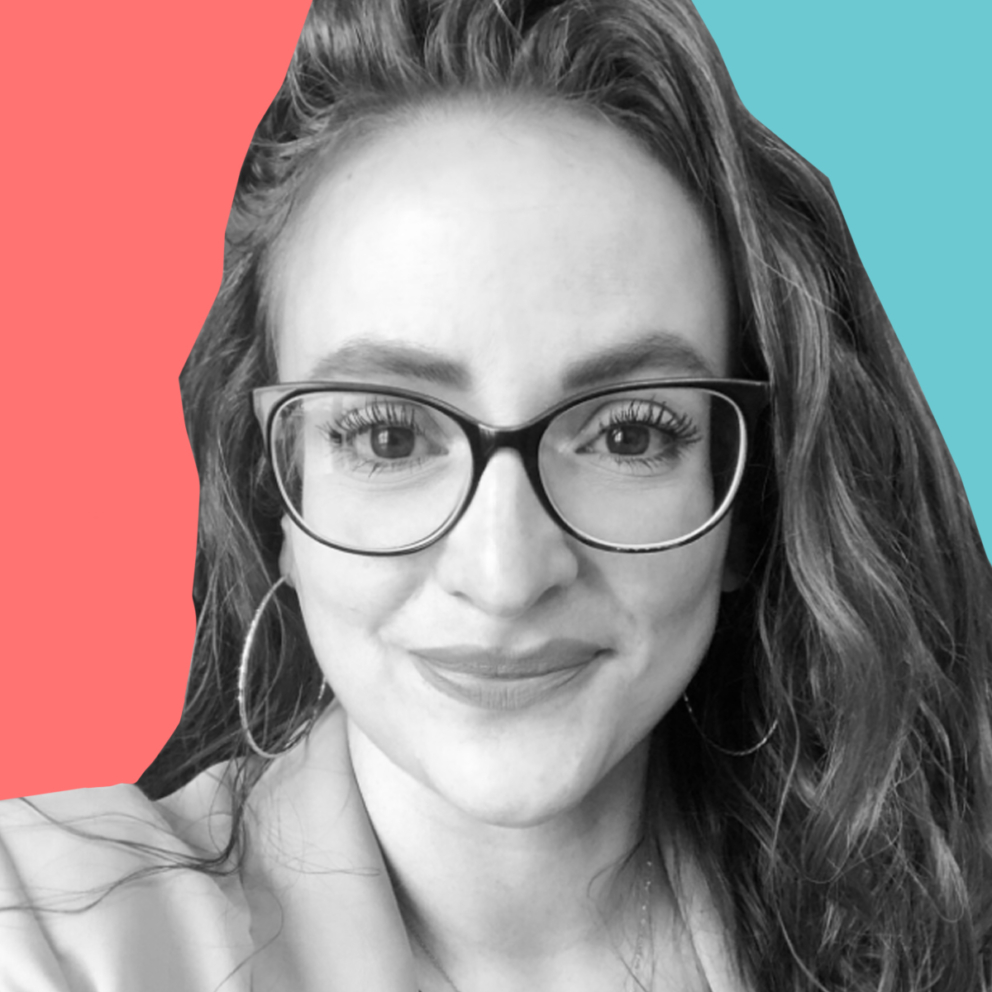
Aurélie Cerf
Head of the audience department and outreach programs at the BELvue Museum in Brussels, which focuses on Belgium and its history, democracy and citizenship. She studied Germanic Languages and Literatures and Cultural Management. She has worked at Tour & Taxis exhibition halls, La Monnaie opera house and the Museum for Letters and Manuscripts. In 2015 she entered the BELvue Museum and in 2023 she joined the board of Brussels Museums helping the sector to develop meaningfully and strategically.
-
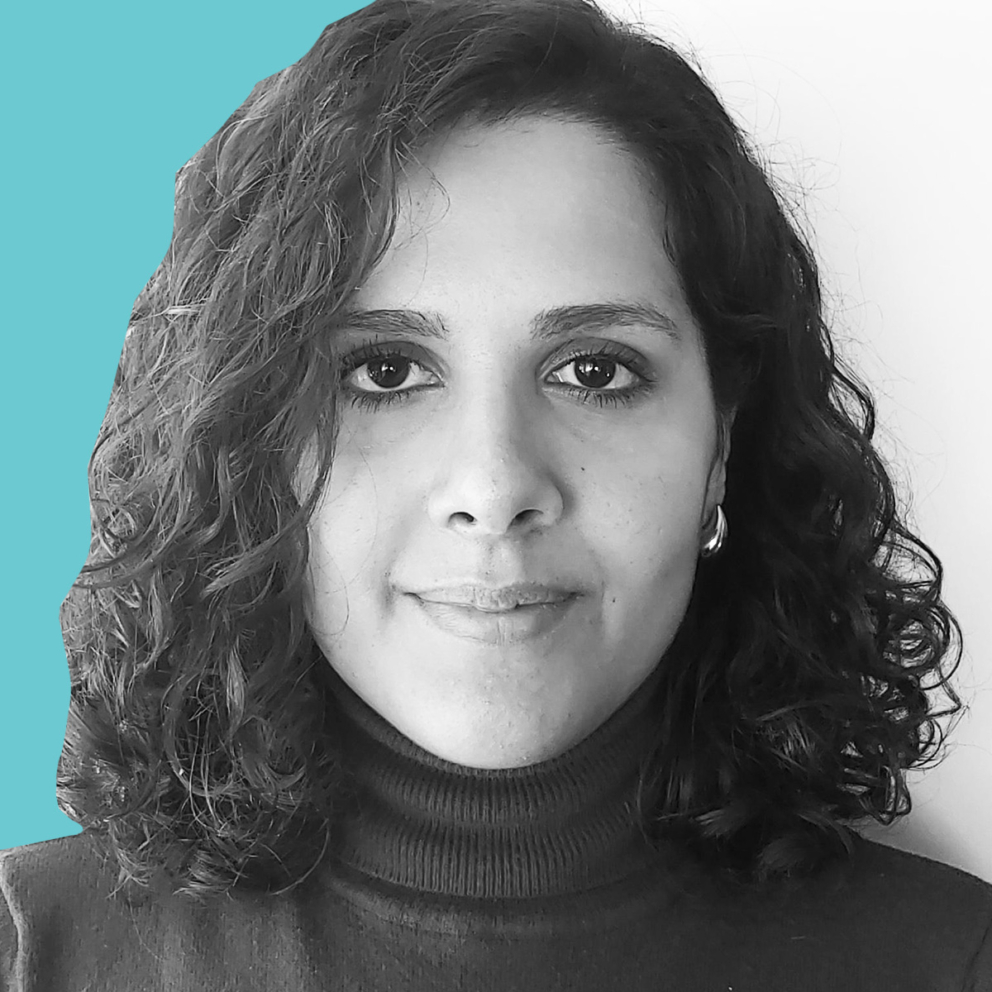
Beatriz Saraiva
Beatriz holds a BA in Art History from NOVA University Lisbon and is taking a MA in Museology at the same university. Her academic and professional interests in Art History and Cinema led her to pursue career opportunities in institutions like Arpad Szenes-Vieira da Silva Foundation, the Portuguese Cinematheque and the Calouste Gulbenkian Foundation, where she has worked since 2018 in the Collection’s Management and Communication departments of the Museum.
-
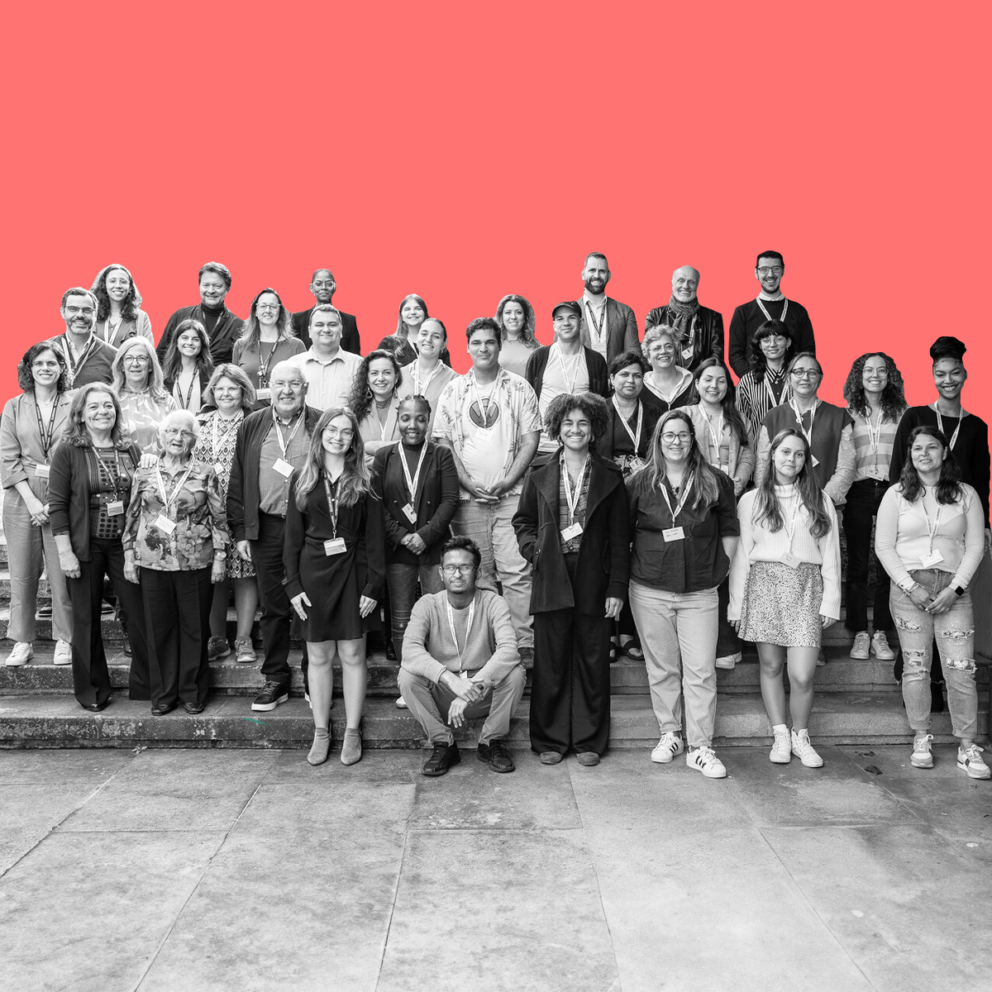
Cidadãos Ativos
The Active Citizens Programme advisory group is composed of 26 beneficiaries and participants in supported projects, aged between 18 and 82. The group assists the Programme in evaluating its impact and planning its closing conference. The advisory group also had a chance to contribute to a reflection on the Calouste Gulbenkian Museum.
-
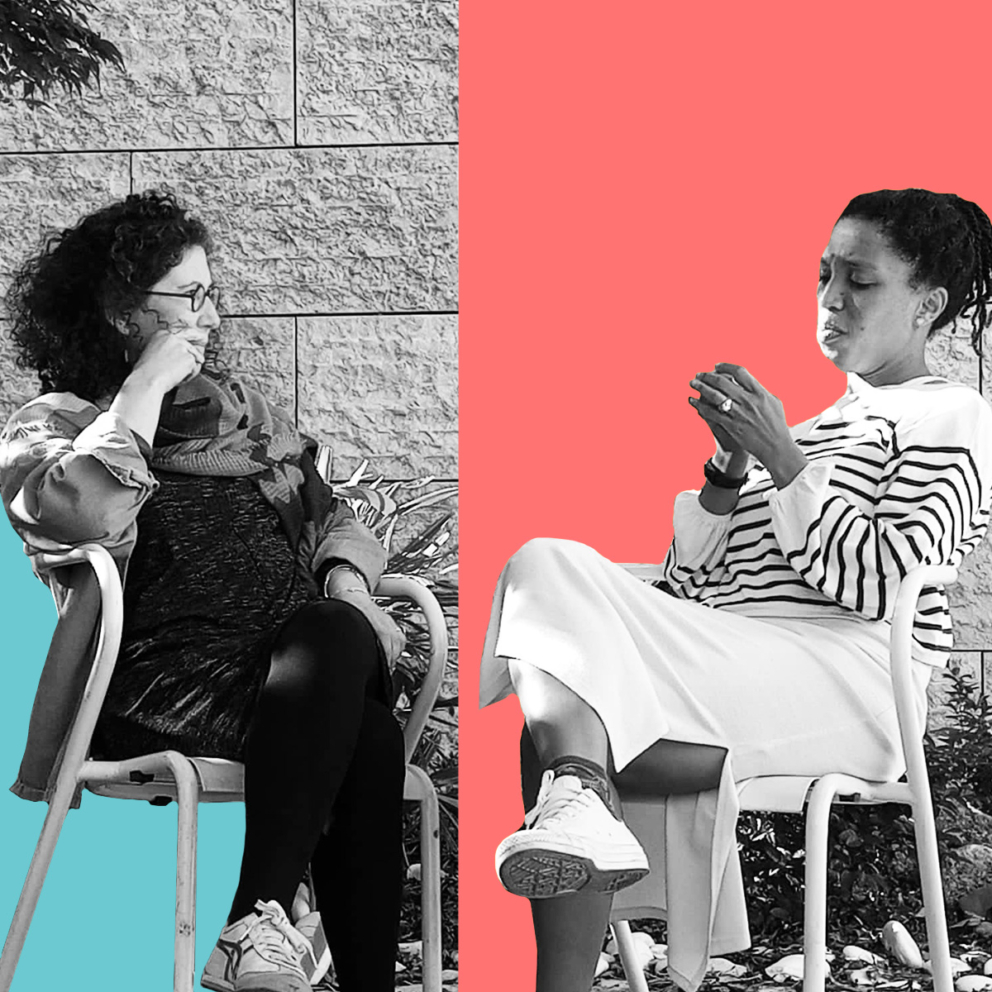
Coletivo FACA
Coletivo FACA, formed in 2019, is an active citizenship and curatorship project, led by Andreia Coutinho and Maribel Mendes Sobreira. The project deals with the themes of feminism, colonialism, racism, LGBTQI+ and non-normativity in museological spaces, bringing these discussions into the Portuguese cultural debate, with specialised and non-specialised audiences. Without erasing History, Coletivo FACA combines diverse narratives, bringing the margins into the centre of the debate.
-
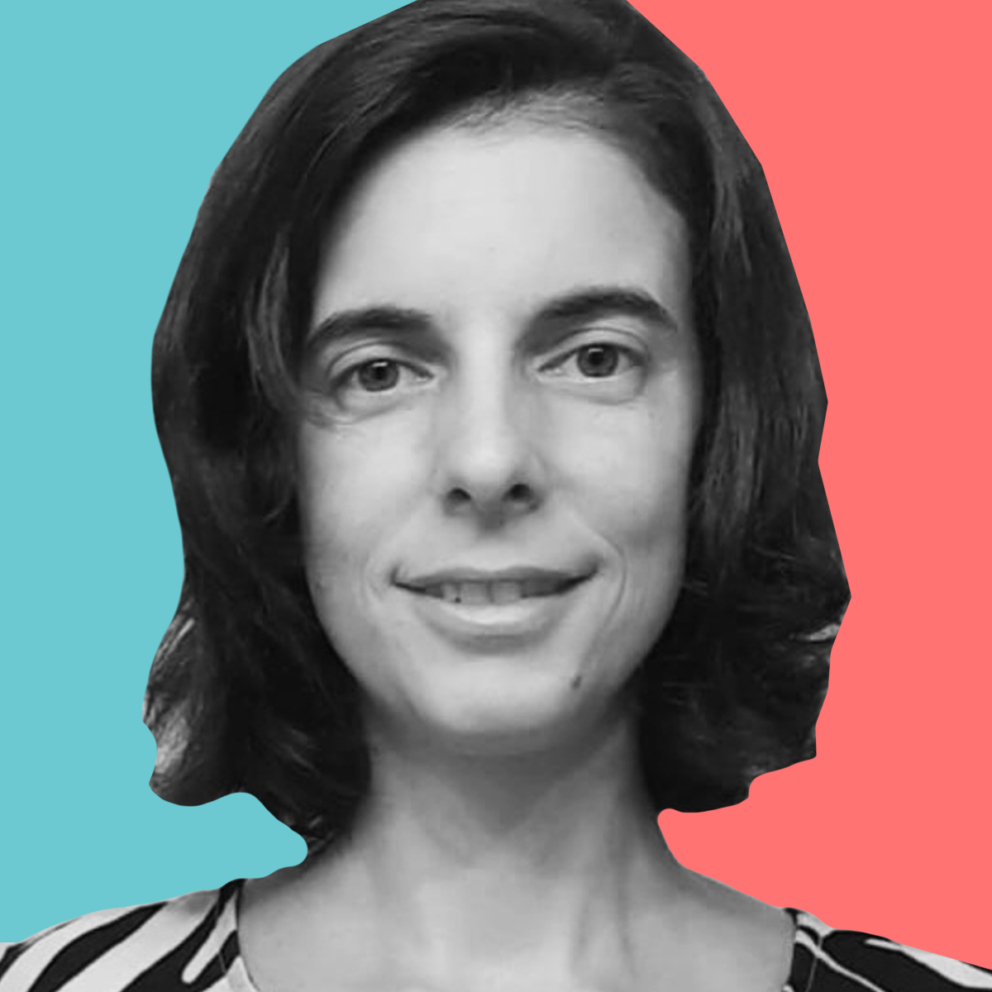
Diana Pereira
History of Art graduate and master in Museum Studies. She joined the Calouste Gulbenkian Museum’s Cultural Mediation Service in 2013 and has been responsible for implementing the programme for adults and participative projects since 2016. She has collaborated in several participative projects, including ‘Between Neighbours’ and ‘Power of the Word’. The involvement in artistic collectives has been an integral part of her experience and has informed her view of collaborative practices.
-
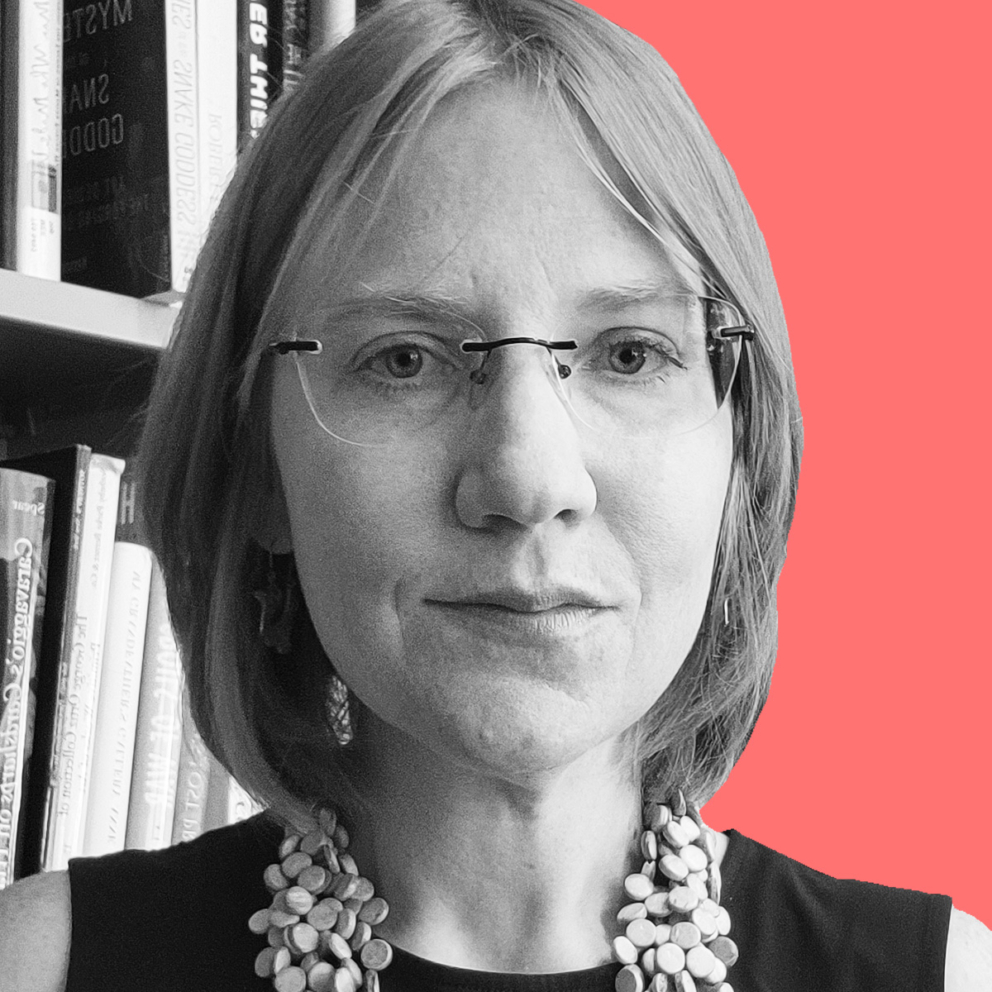
Donna Yates
Associate Professor in the Department of Criminal Law and Criminology at Maastricht University. She researches the looting, trafficking, and illicit sale of cultural objects and she has published extensively on this topic. Yates has a BA, MPhil, and PhD focused on Mesoamerican and Andean archaeology. Her current project is called ‘Trafficking Transformations: Objects as Agents in Criminal Networks’ and focuses on the criminal networks around collectable antiquities, wildlife, and fossils.
-
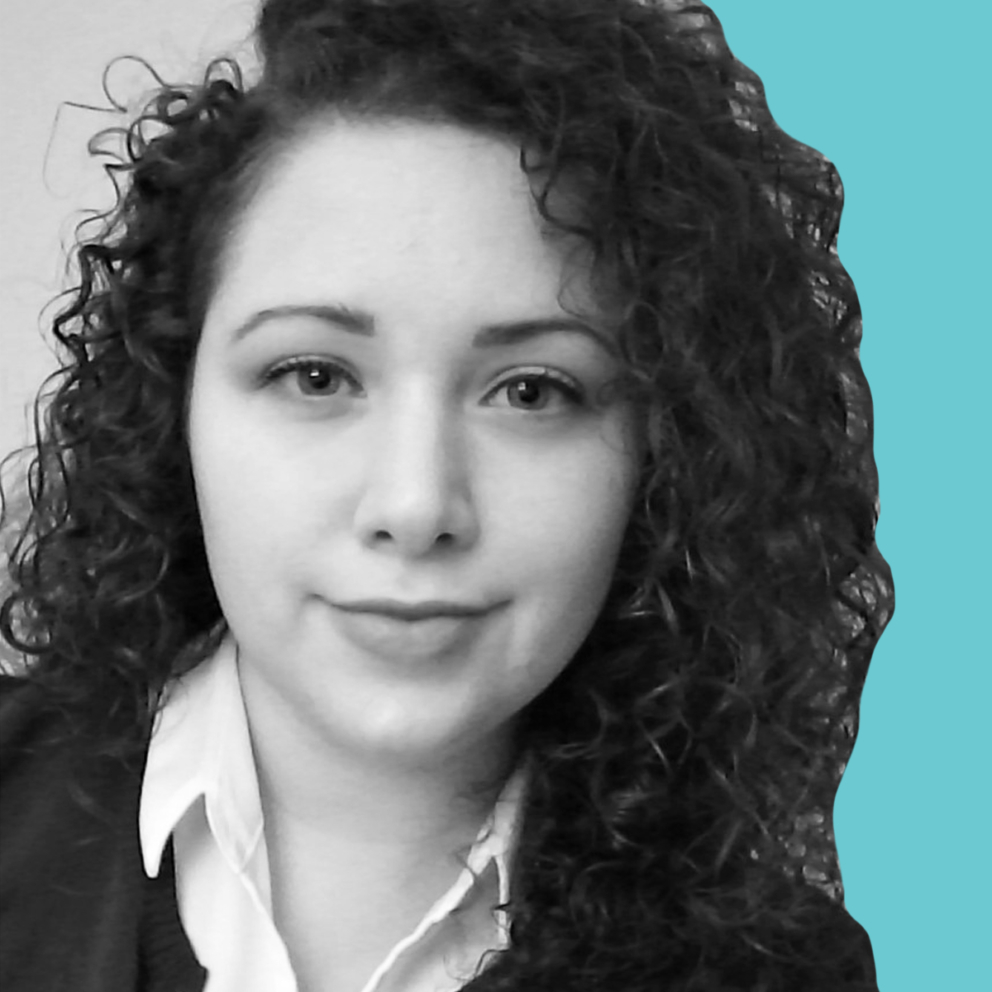
Emily Cain
Specialized in building community around and connections to museum collections and information. As Smithsonian Transcription Center’s Community Manager, she oversees user needs, site content, public engagement and programming, and currently serves as Project Manager for the comprehensive rebrand and redesign of the program and website. Emily is a Certified Scrum Master, holds a BA in Anthropology from Marshall University, and an MA in Museum Studies from George Washington University.
-
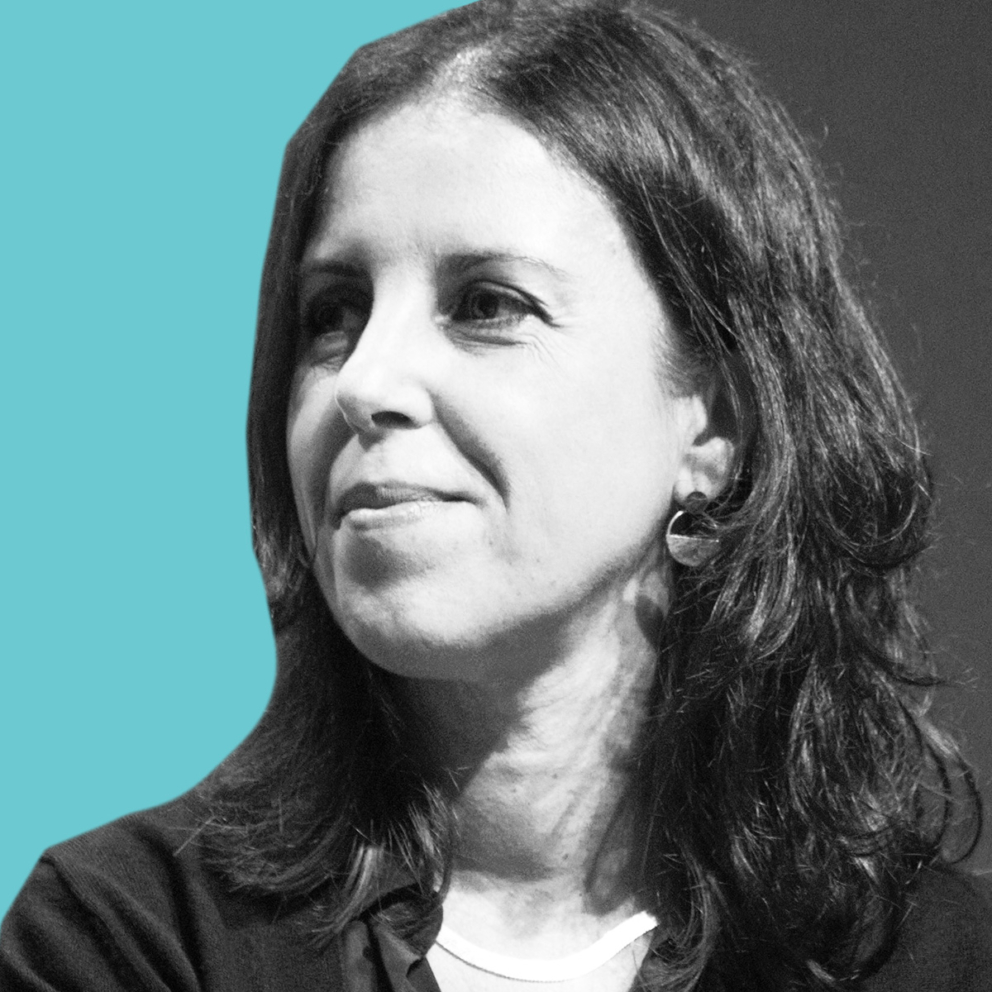
Helena Barranha
Professor at Instituto Superior Técnico, researcher at the Institute of Art History (NOVA FCSH), where she is a member of the Museum Studies Group and coordinates the cluster Art, Museums and Digital Cultures. She was the Director of the National Museum of Contemporary Art – Museu do Chiado (2009-2012). Her research focuses on the intersection of museum architecture, contemporary art and digital technologies. In 2021, she co-edited the book Art, Museums and Digital Cultures – Rethinking Change.
-
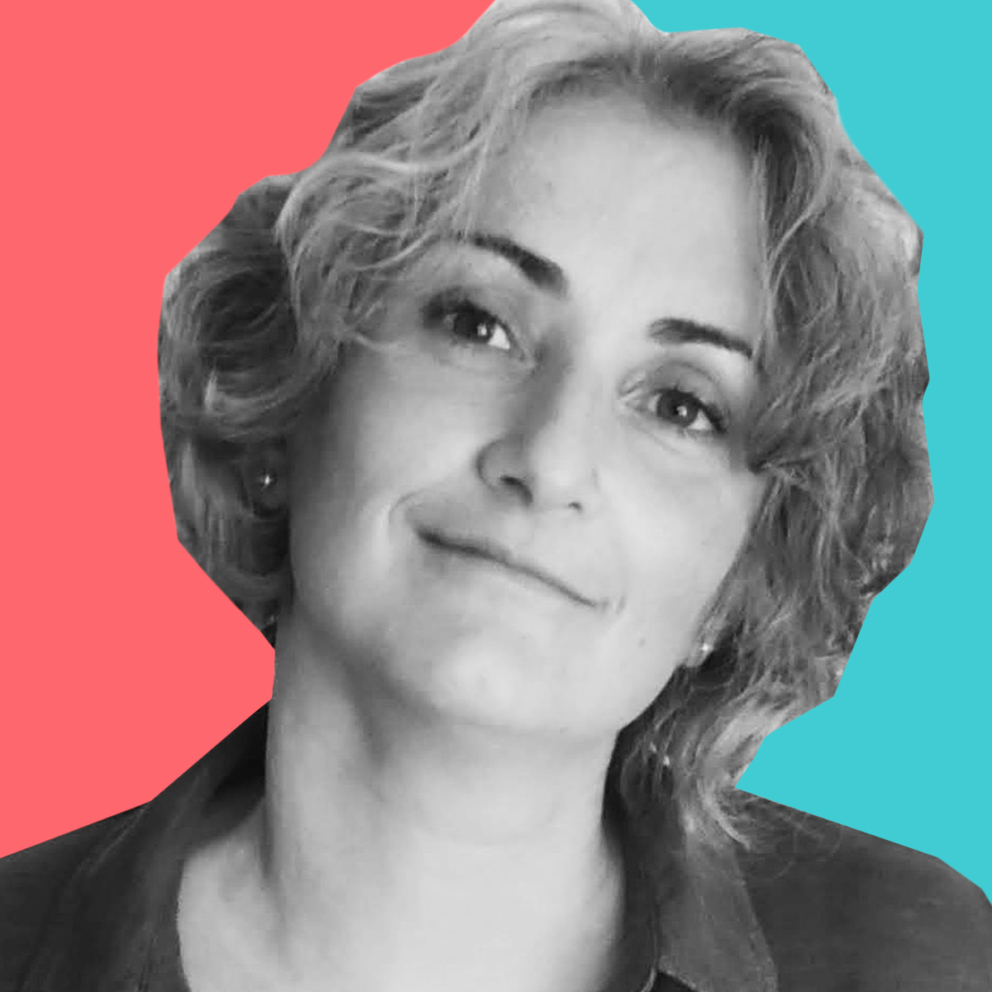
Inês Câmara
Co-founder of Mapa das Ideias, where her activity thrives on the overlapping of different areas such as Education, Mediation, Marketing and Management for the fields of Culture, Heritage and Citizenship. Her primary focus relates to marketing and project development, being also responsible for the creative department, as well as the consultancy and research sector. Inês is a lecturer and trainer, and the Chairperson of Culture Action Europe Board.
-
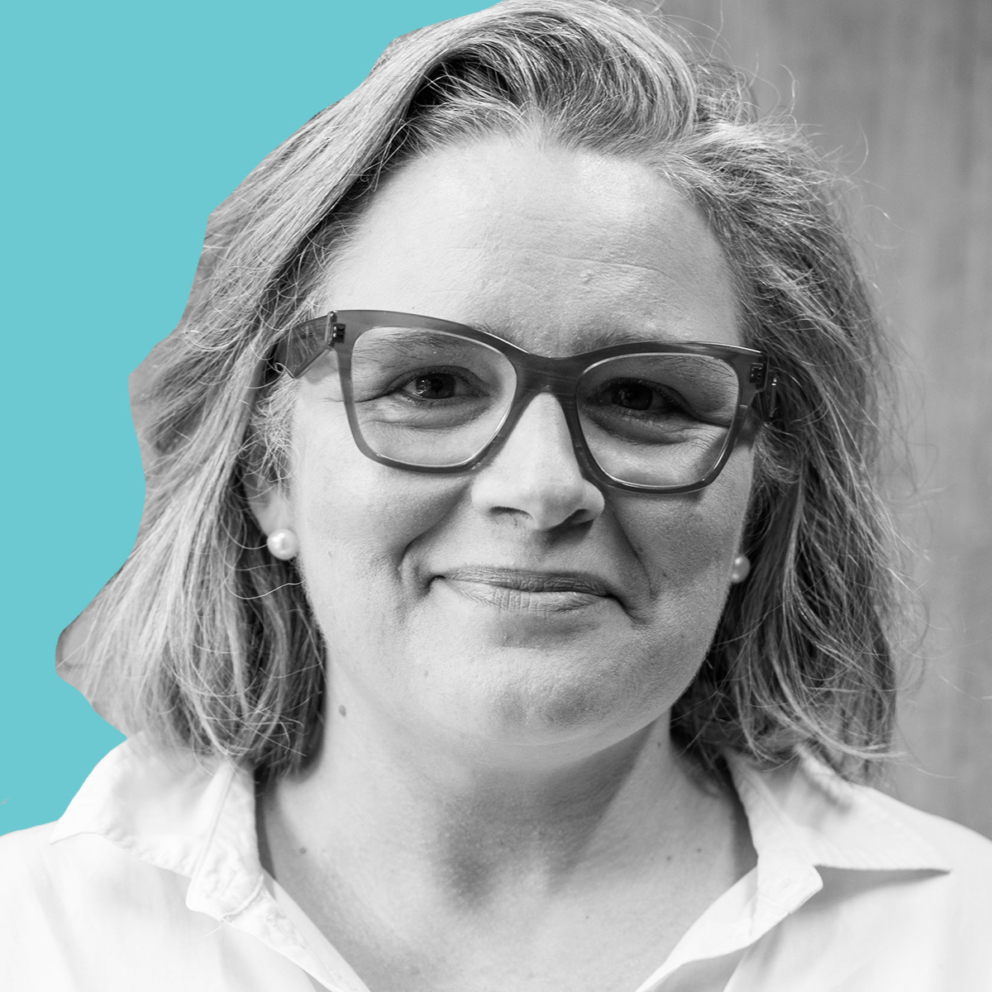
Inês Fialho Brandão
Coordinator of the Cultural Mediation and Digital Strategy Service of the Calouste Gulbenkian Museum. She researches the representation of otherness in museum spaces, focusing on enforced migratory movements and the restitution of cultural assets. She has a PhD in History from Maynooth University and a master’s in Islamic Studies and Museology from New York University. She is part of the Scientific Advisory Council for the Observatory on History Teaching in Europe (Council of Europe).
-
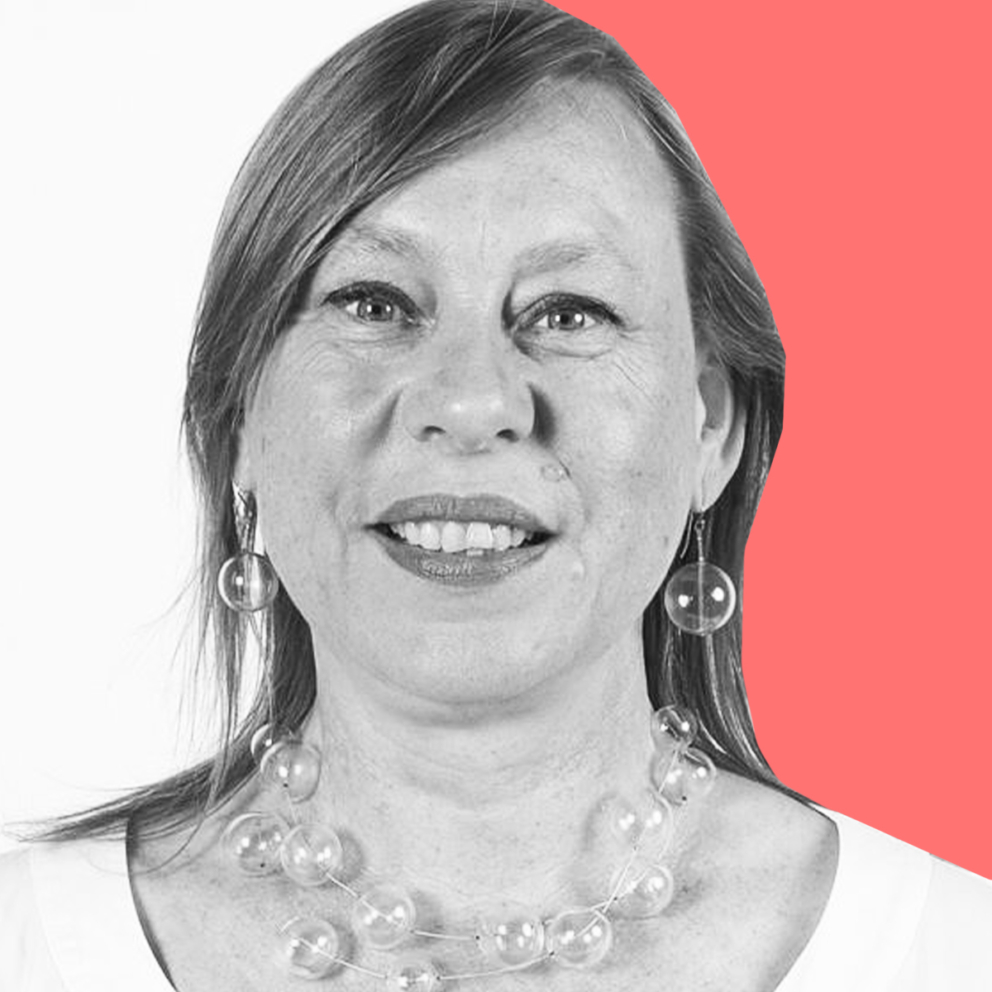
Jessica Hallett
Deputy Director of the Calouste Gulbenkian Museum and curator of the Islamic and Chinese collections. In 2019, she organized the exhibition ‘The Rise of Islamic Art’. She has been developing the participatory project ‘Power of the Word’ which brings local knowledge inside the museum. Her publications include contributions to a diverse range of peer-reviewed academic journals, books and catalogues, including ‘Carpets from the Calouste Gulbenkian Collection’ with the curator Clara Serra (2025)
-
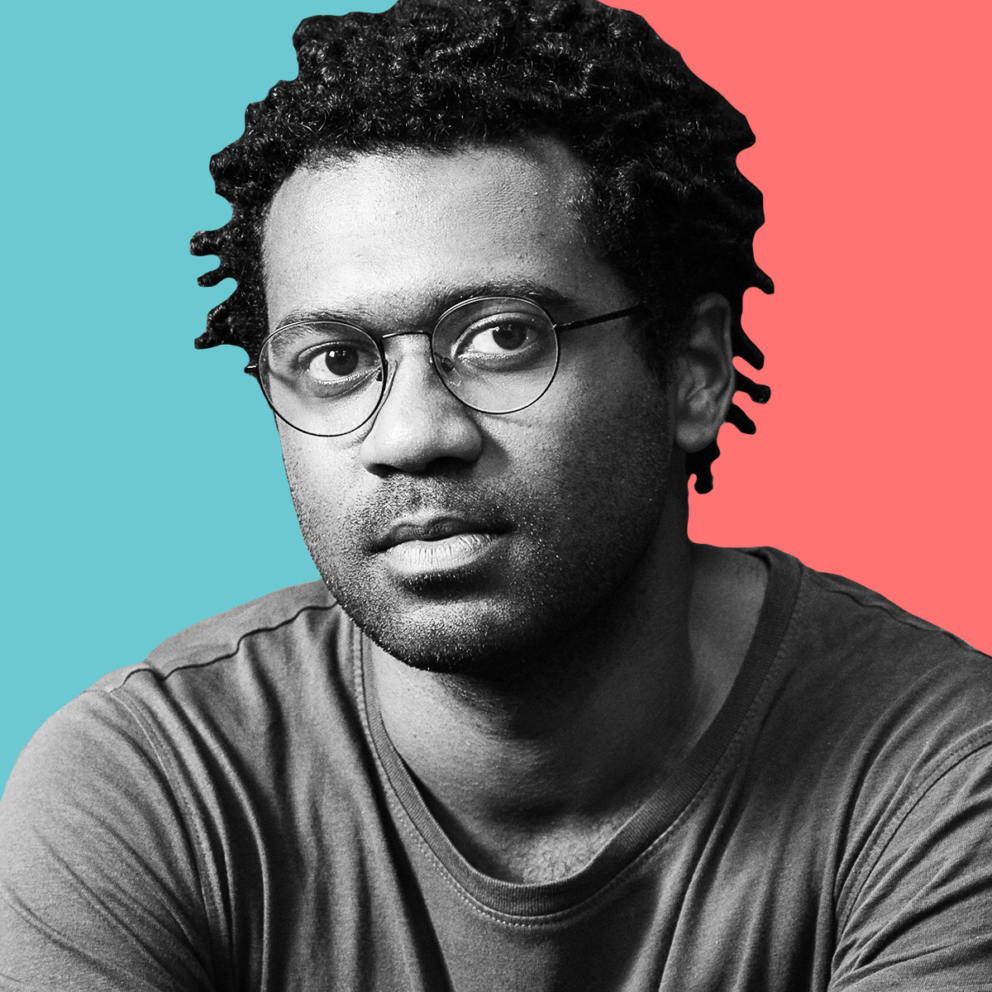
Joel Moreira
Born in the Bela Vista neighbourhood in Setúbal, Joel Moreira is currently studying Modern and Contemporary History after a stint at the Faculty of Fine Arts in Lisbon (2016-2019). He is interested in the metamorphoses of social control, post-colonialism, and subaltern studies. He moderates and organises the ‘Cultural Fridays’ debate series (NEA-ISCTE), and is a member of CAM’s Youth Advisory Group.
-
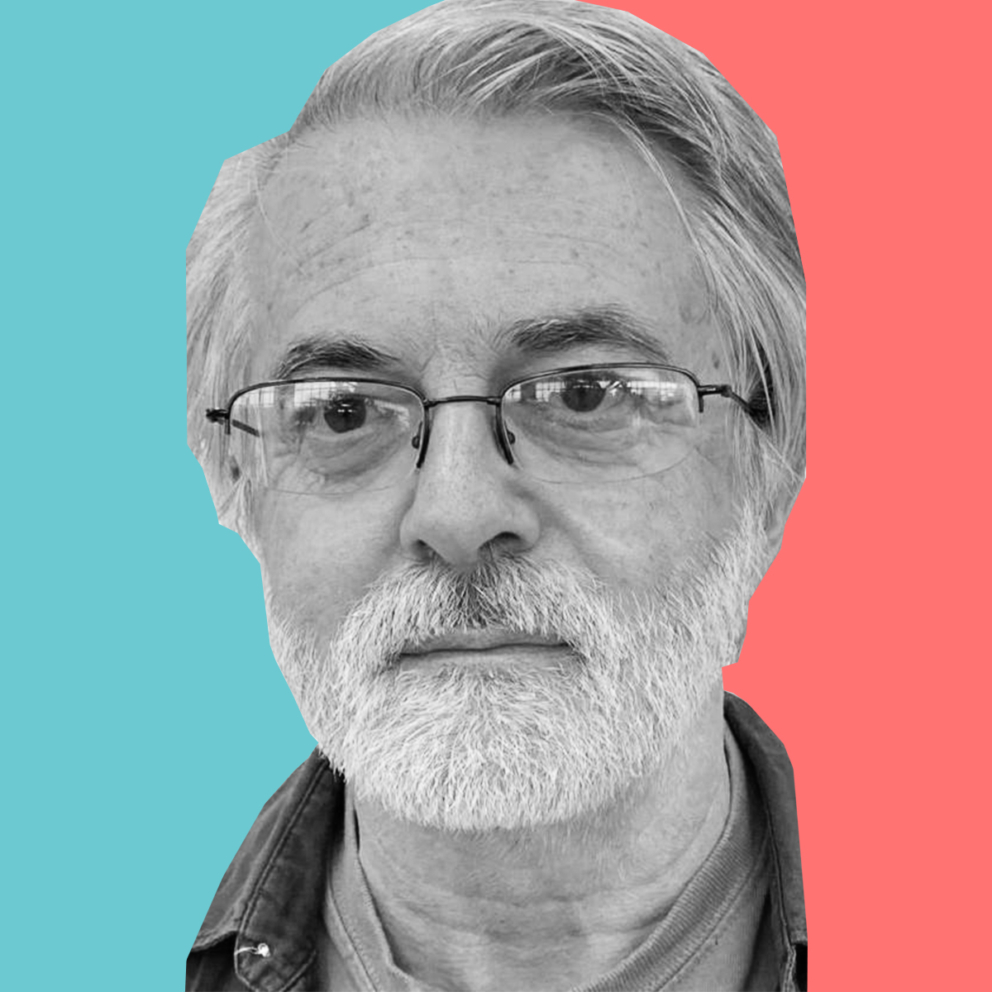
Marc Masurovsky
Historian specialized in the economics of plunder and more specifically cultural plunder and its aftermath. In 1997, he co-founded the Holocaust Art Restitution Project (HARP) to research and document Jewish cultural losses during the Nazi era. Since 2011, he has organized and implemented numerous provenance research training workshops in the US, Europe and Israel. He designed and managed the ERR Jeu de Paume database which documents cultural plunder in Western Europe.
-
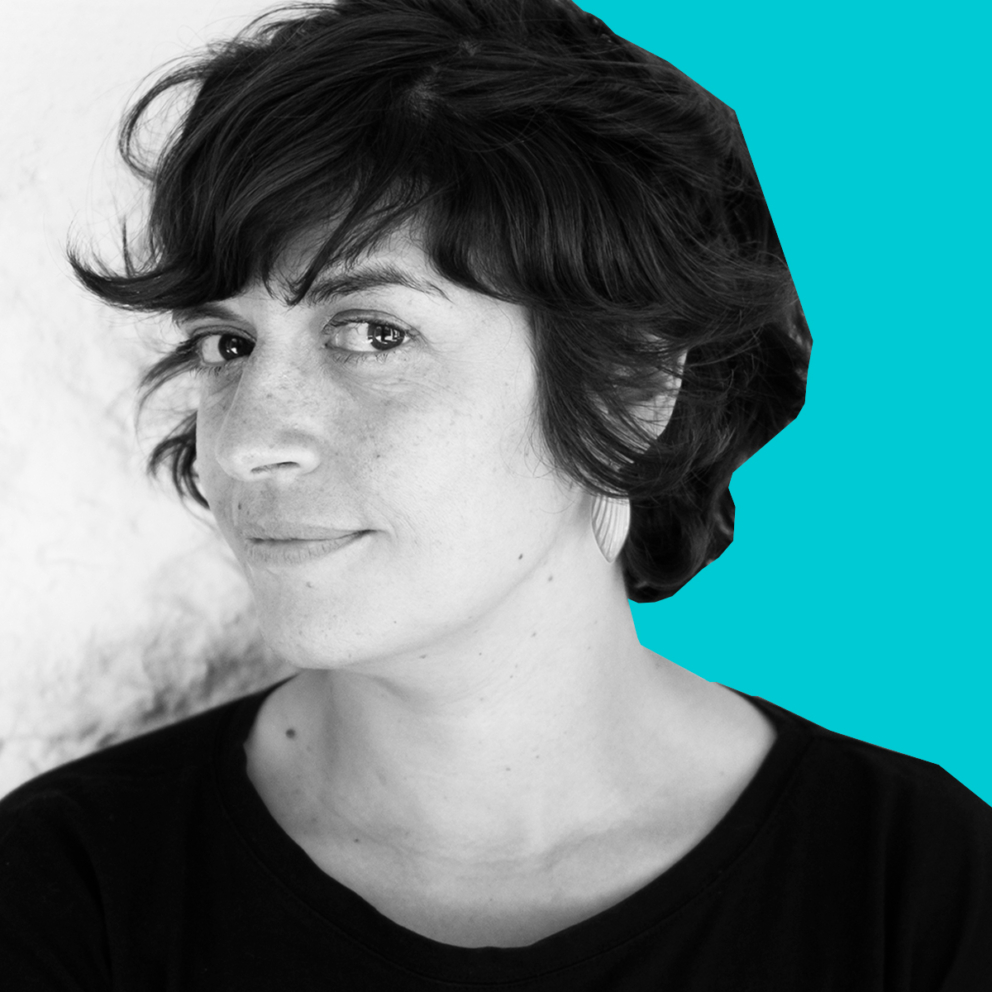
Maria João Mota
Maria João Mota was born in Porto in 1979. She has a degree in International Relations, specialising in Cooperation and Development. Since she was a teenager, she has pursued a parallel career in performing arts education. In 2007, she co-founded PELE, a collective of national and international renown working in the field of community art practices. Since then, she has conceived and implemented artistic creation projects aimed at groups and areas not usually involved in participatory processes.
-
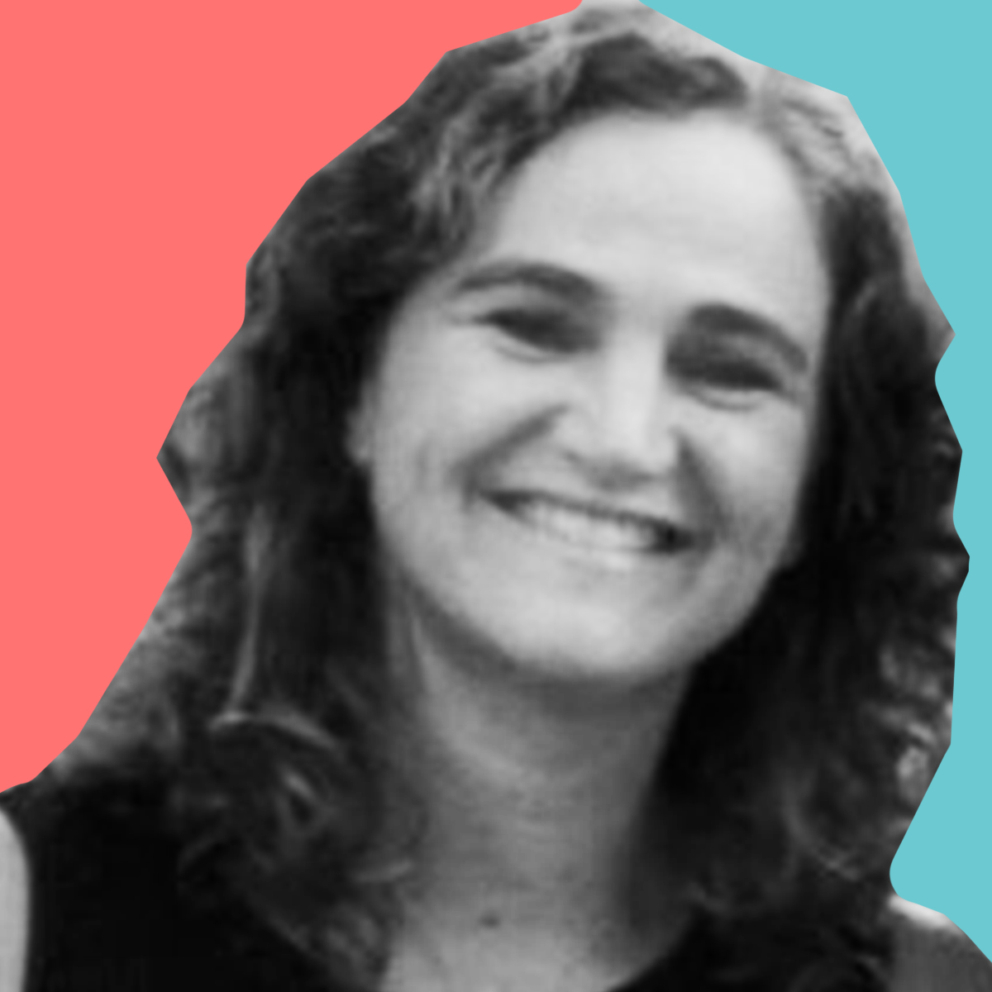
Mariana Abreu
Mariana has a degree in Art History from NOVA University and a postgraduate degree in Art Education from FBAUL. She has been working as an artistic and cultural mediator since 2002, collaborating on educational projects for different audiences in various museums, such as the Calouste Gulbenkian Museum and CAM, as well as in different schools in Lisbon. In July 2024, she organised a meeting and workshop for the advisory board of the Active Citizens Programme at the Gulbenkian Museum.
-
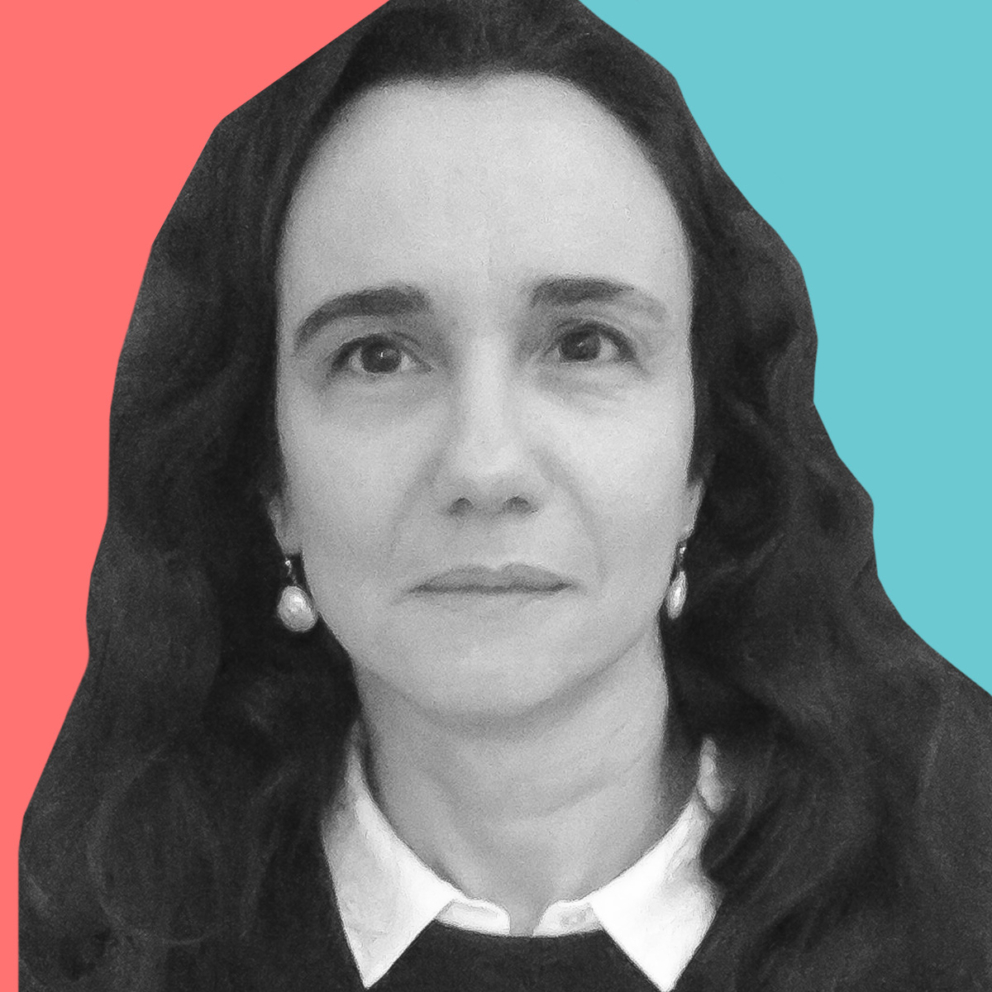
Marta Branco Guerreiro
Graduate in History of Art from NOVA FCSH, post-graduate in Cultural Management in Cities from ISCTE and master in Museology from NOVA FCSH with the thesis ‘Art outside history. Exhibitions of the Museu do Chiado collection 1994-2009’. She is working on a PhD in History of Art at NOVA FCSH on the theme ‘The museum as a communal space: thinking beyond participation.’ She has worked at various museums and is a researcher at BAC – Banco de Arte Contemporânea/EGEAC. She is a member of IHA/In2Past.
-
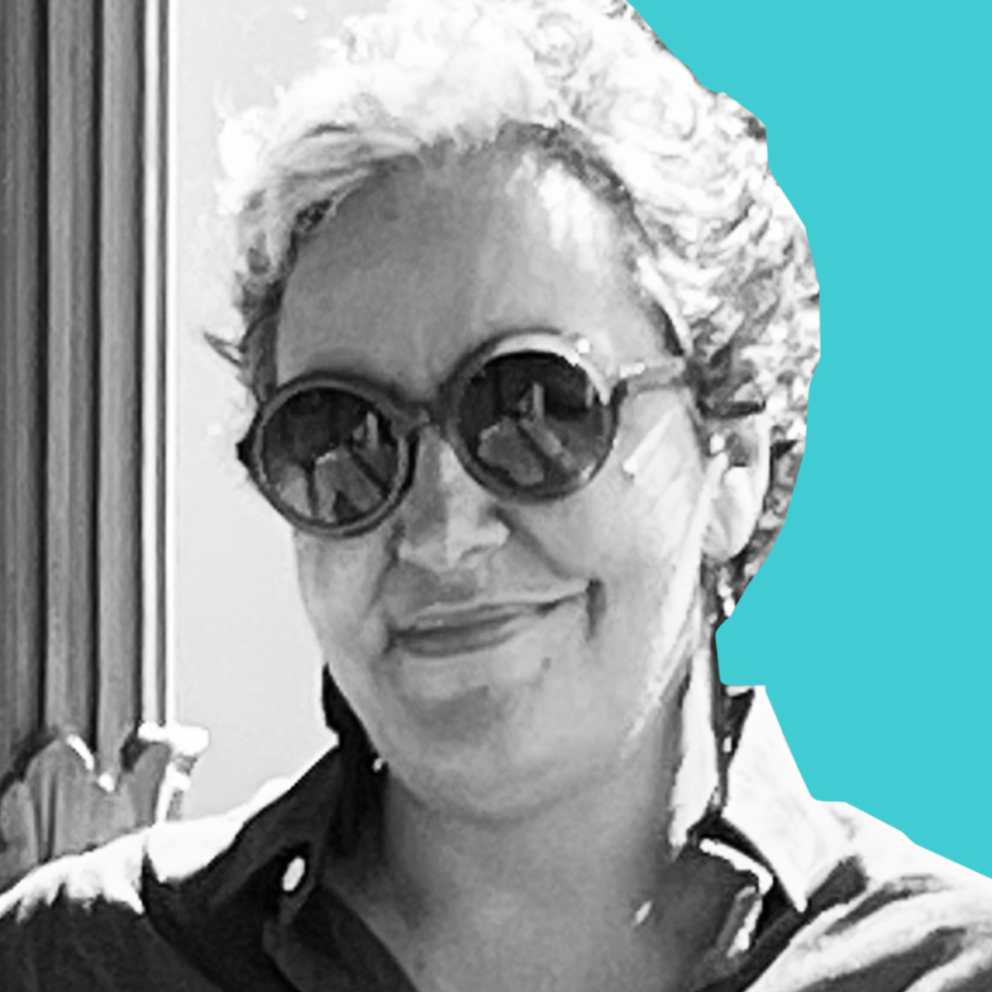
Marta C. Lourenço
Director of the National Museum of Natural History and Science of the University of Lisbon. She teaches Material Culture of Science at the University of Lisbon and is a research member of CIUHCT. She has published 13 books and over 60 articles and chapters in books. Her research and teaching interests encompass scientific collections, history of collections and museums, and colonial collections. She is the national coordinator of the Portuguese Research Infrastructure of Scientific Collections. -
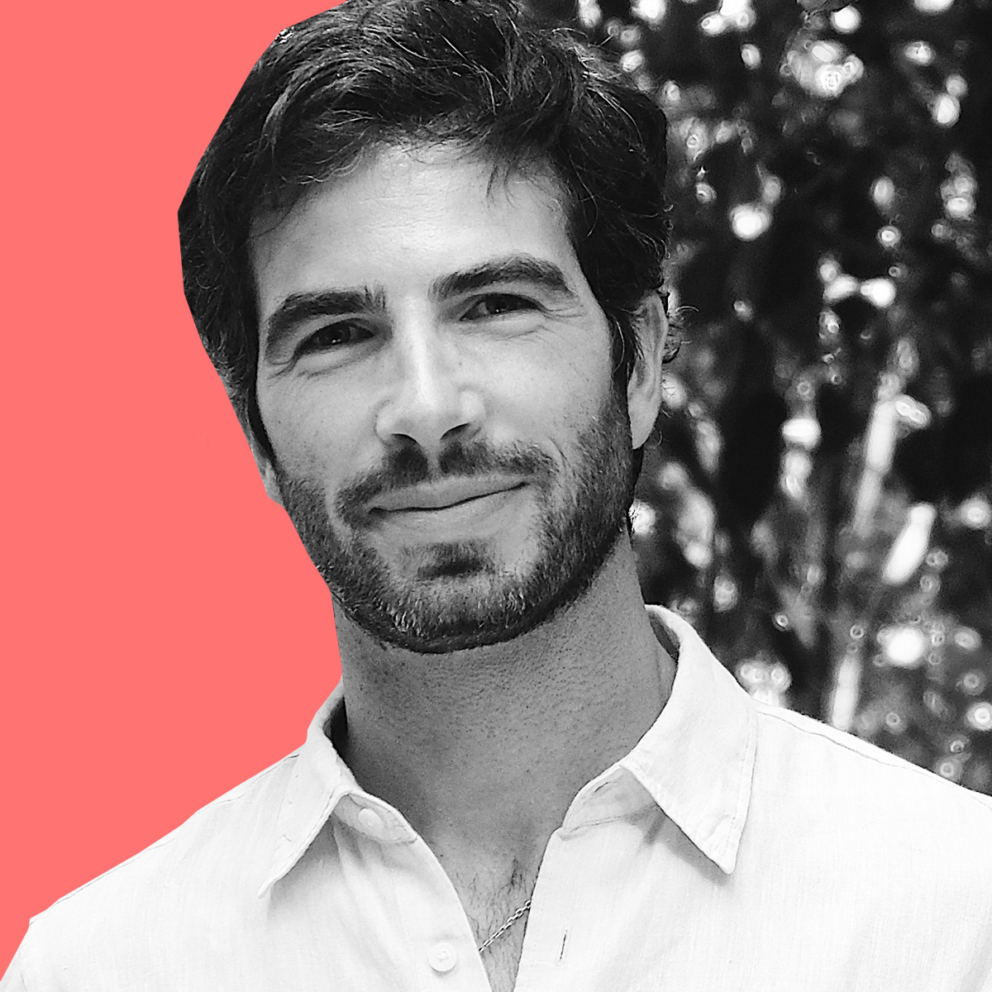
Maxence Garde
Curator in charge of the Antiquities collection at the Calouste Gulbenkian Museum, Maxence Garde has a degree in Classical Archaeology and a postgraduate specialisation in Ancient Egypt from the École du Louvre, in Paris. From the Metropolitan Museum of Art to the British Museum, his professional experience is centred on issues related to the history of museum collections and the protection of global cultural heritage.
-
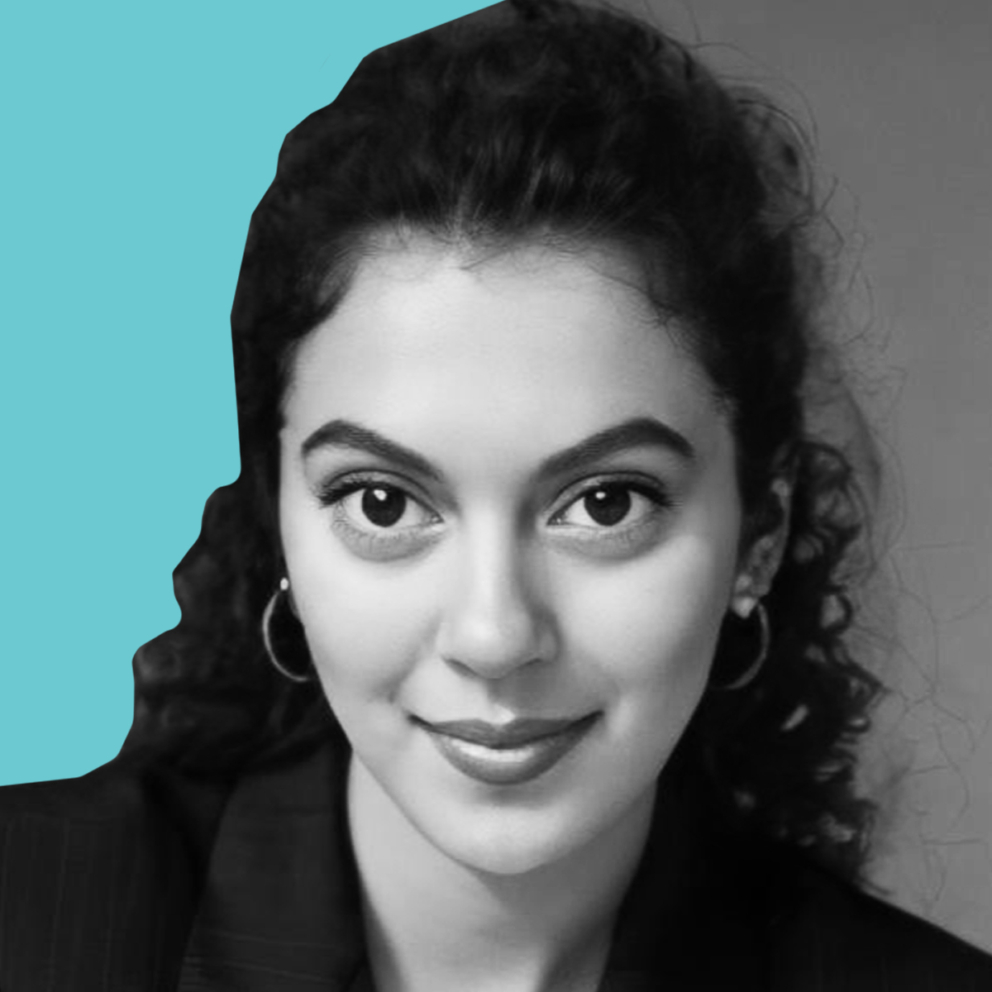
Megan Ammari
Designer and AI researcher dedicated to making artificial intelligence accessible to all. She has conducted over 27 AI workshops with FabLab Lisboa, IAAC Barcelona, Mouraria Creative Hub, and DigitalFUTURES, focusing on innovation, entrepreneurship, ethical applications, and community engagement. Megan’s work bridges traditional craftsmanship with modern technology, inspiring communities to adopt AI and transform creative processes.
-
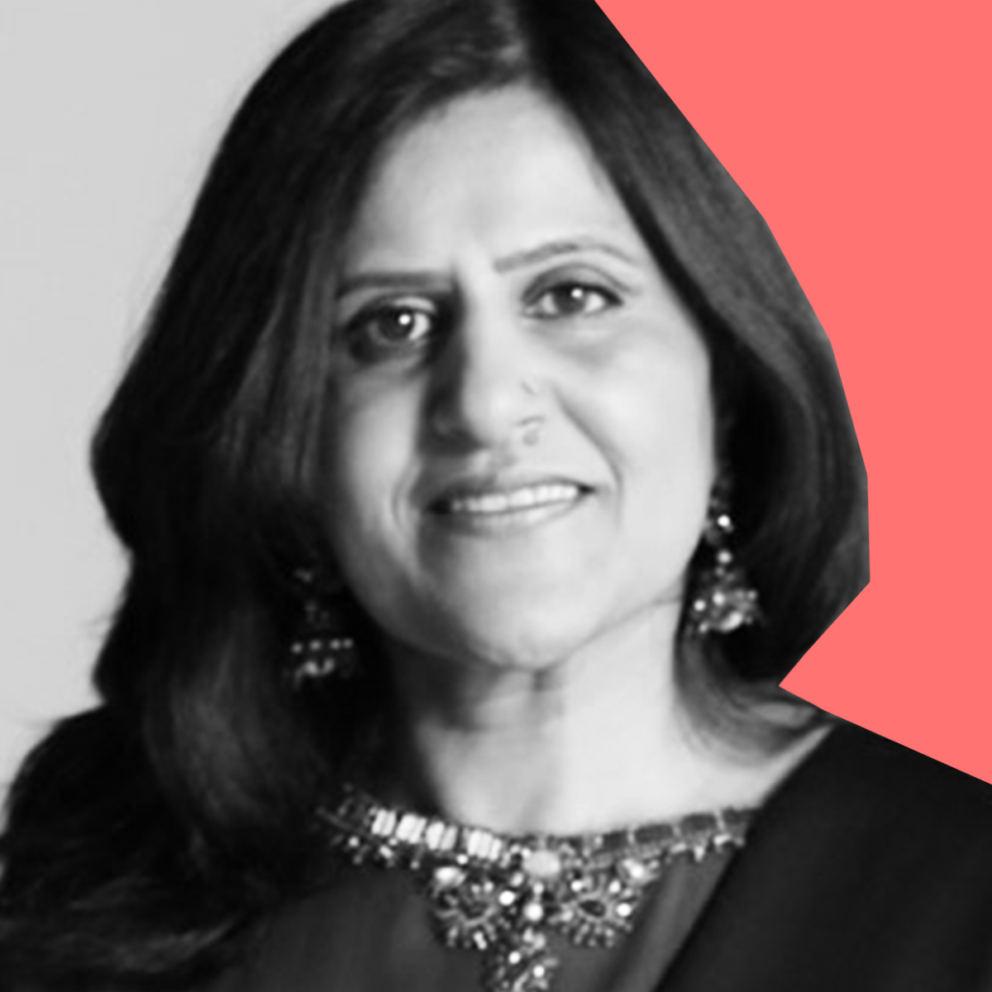
Nusrat Ahmed
Nusrat joined Manchester Museum in 2019 and is now the Lead Curator of the award-winning co-curated South Asia Gallery. Nusrat has fundamentally shifted who belongs in museums, and advocates for change of the wider cultural landscape. She is active in promoting social justice and is passionate about conversation around representation, inclusion and care. As a first-generation British born South Asian, Nusrat has a close attachment to her heritage.
-
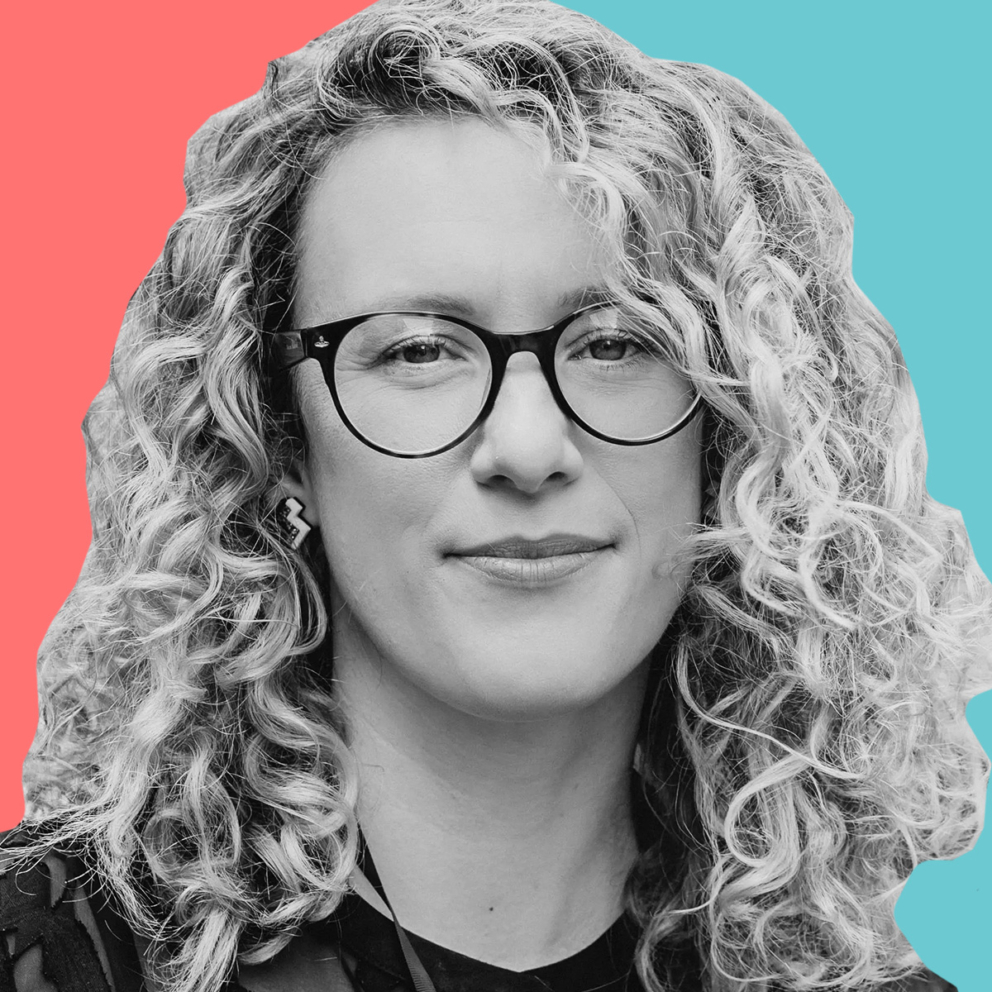
Oonagh Murphy
Oonagh Murphy was awarded a PhD by Ulster University in 2014. She works closely with museums, galleries, government bodies, and funders to shape digital strategies and policies. She’s a Senior Lecturer in Digital Culture and Society at Goldsmiths, University of London, and she also advises the UK Government’s Department for Culture, Media and Sport. Her collaboration with The National Gallery and The MET led to the creation of The Museums + AI Network.
-
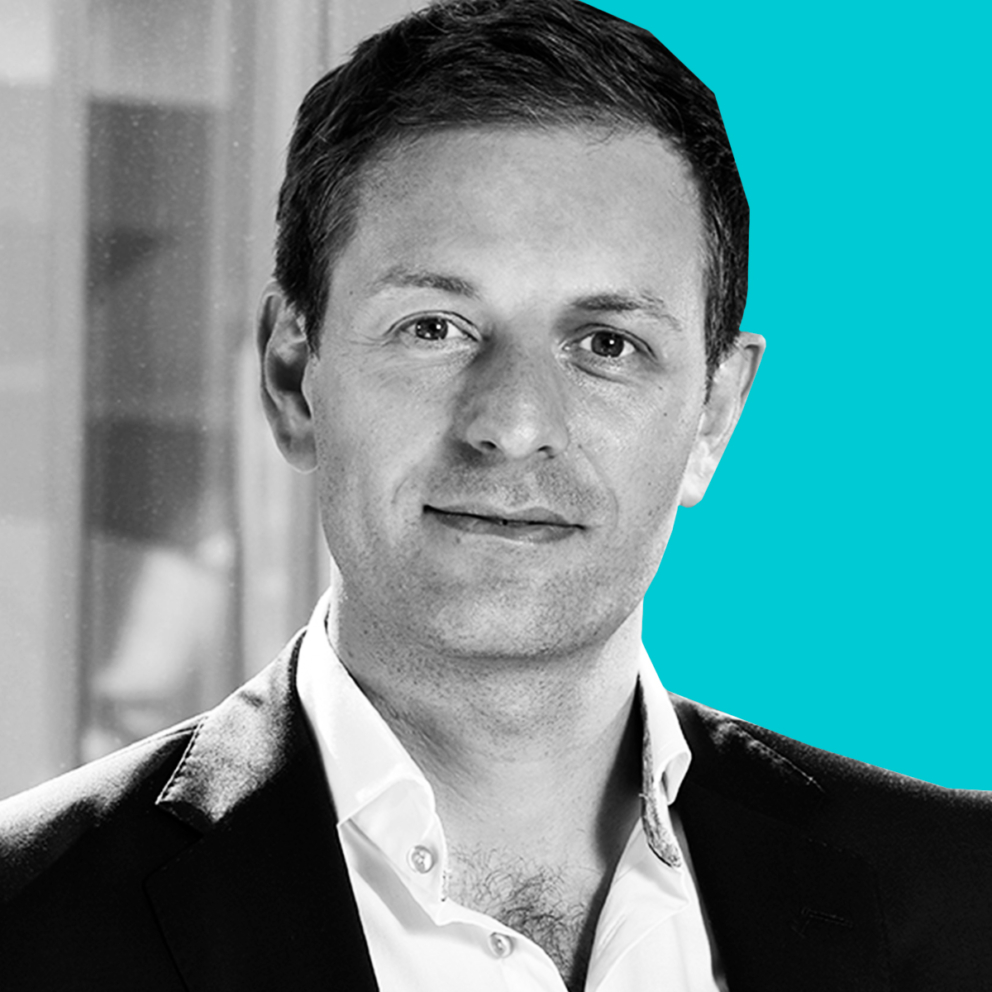
Pascal Hufschmid
Art historian specializing in photography. He has spearheaded multidisciplinary projects both within and outside Switzerland, drawing on his expertise in museology, the art market and international organizations. Since 2019, he has served as the Executive Director of the International Red Cross and Red Crescent Museum in Geneva. In that role, he has sought to foster dialogue between humanitarian action, art and research.
-
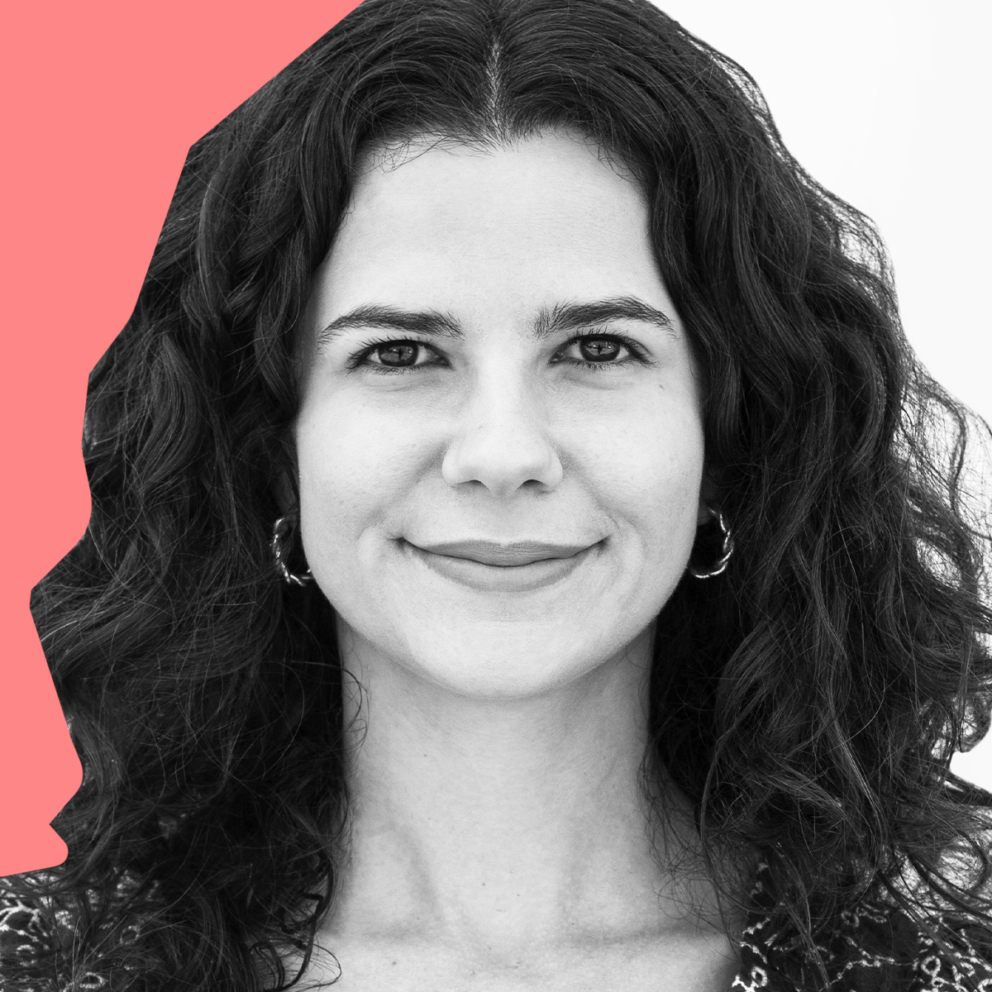
Patrícia Simões
Since 2017, Patrícia has worked as a production and curatorial assistant at the Calouste Gulbenkian Museum. She was a collaborator in the project «History of Art Exhibitions of the Calouste Gulbenkian Foundation». She has a BA in Art History and a MA in Contemporary Art History from NOVA University. Her thesis is dedicated to the artistic production of two contemporary Brazilian artists, Rosângela Rennó and Adriana Varejão, and their presence on the institutional exhibition circuit in Lisbon.
-
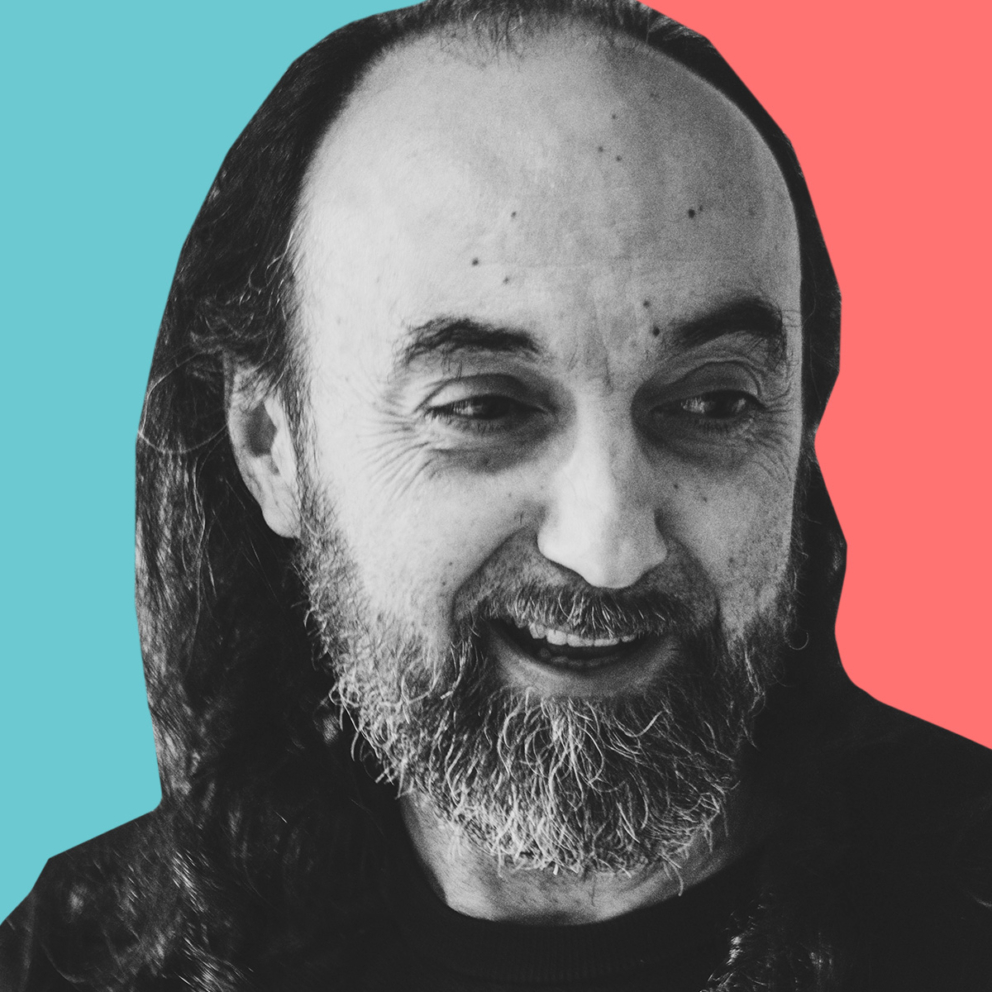
Paulo Lameiro
Ethnomusicologist and educator from Leiria. After a brief career as a solo baritone and in the choir of the São Carlos National Theatre in Lisbon, he dedicated himself to teaching and became director of the Lisbon National Conservatory, the Orfeão de Leiria, and the SAMP School of Arts in Pousos. Since 1992 he has developed education and artistic production projects for early childhood, alongside community-based artistic initiatives such as the ‘Opera in Prison’ project.
-
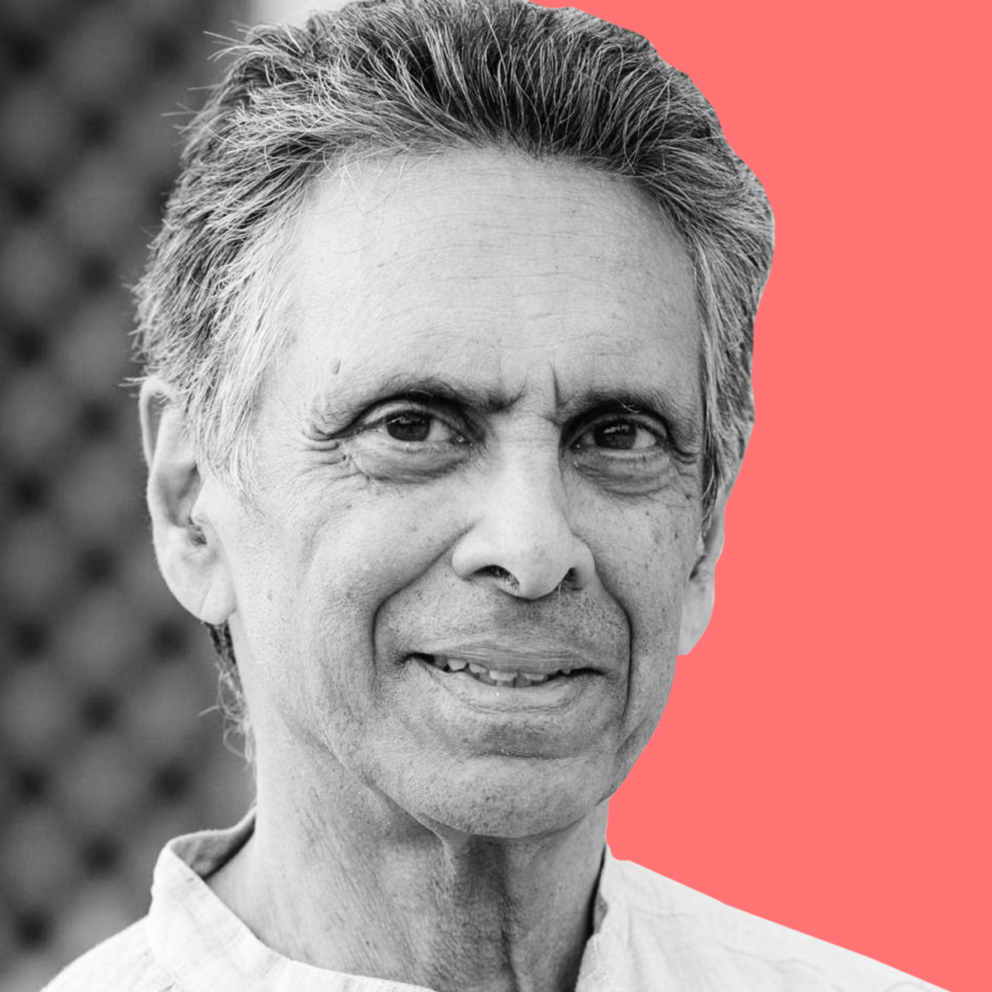
Raj Isar
Born in New Delhi, educated in India and France, Isar is a French citizen and lives in Portugal. His professional life has straddled different domains of cultural action: first at UNESCO, from 1973 to 2002, then as a teacher at The American University of Paris and, since 2017, with the Aga Khan Trust for Culture, as director of its Education Programme. He has been a board member of various cultural organizations across the world and continues to publish regularly in the cultural policy field.
-
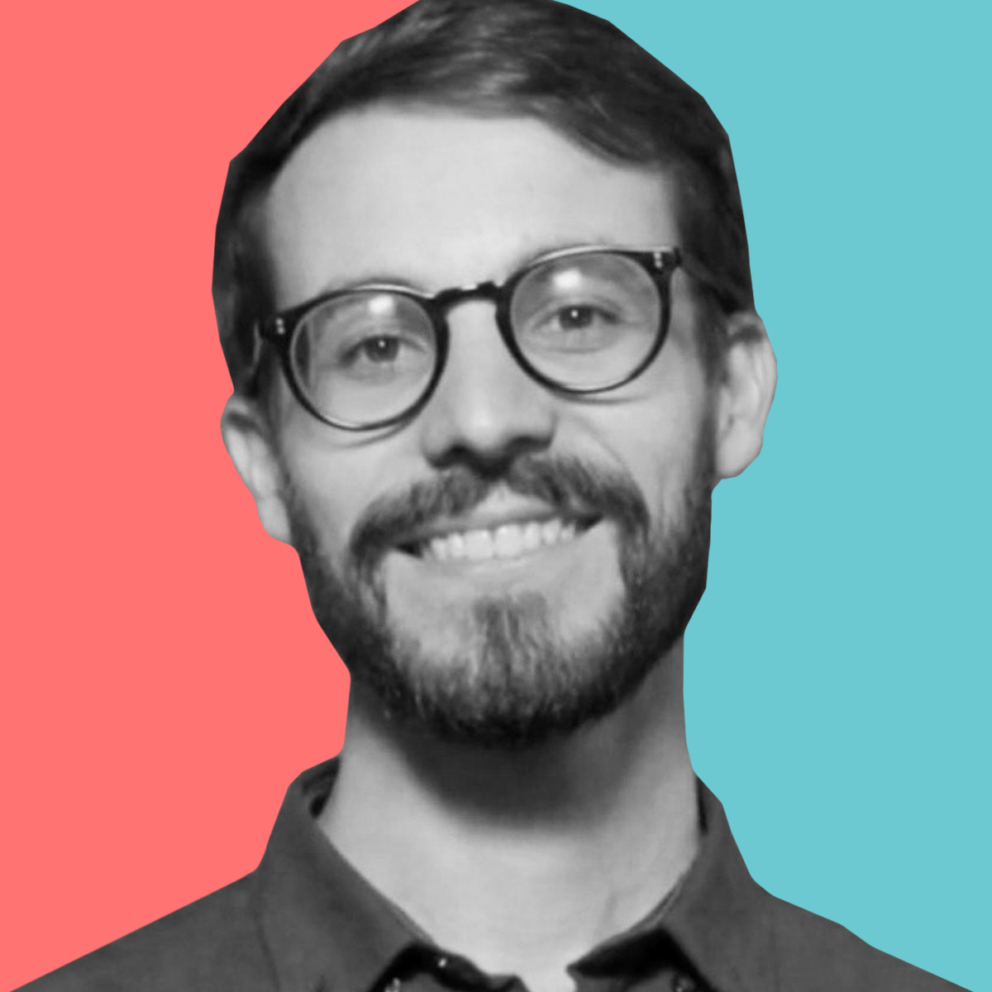
Ricardo Mendes
Ricardo Mendes has a degree in Sculpture (FBAUL) and a master’s in Drawing and Printing Techniques (FBAUP). In 2016, he started working as an artistic and cultural mediator in various museums in Lisbon, including the Calouste Gulbenkian Museum, the CAM – Centro de Arte Moderna Gulbenkian, the Museu Nacional de Arte Antiga and the Museu do Oriente. Since 2022, he has been in charge of the area of Schools and Workshops of the Calouste Gulbenkian Museum’s Cultural Mediation Service.
-
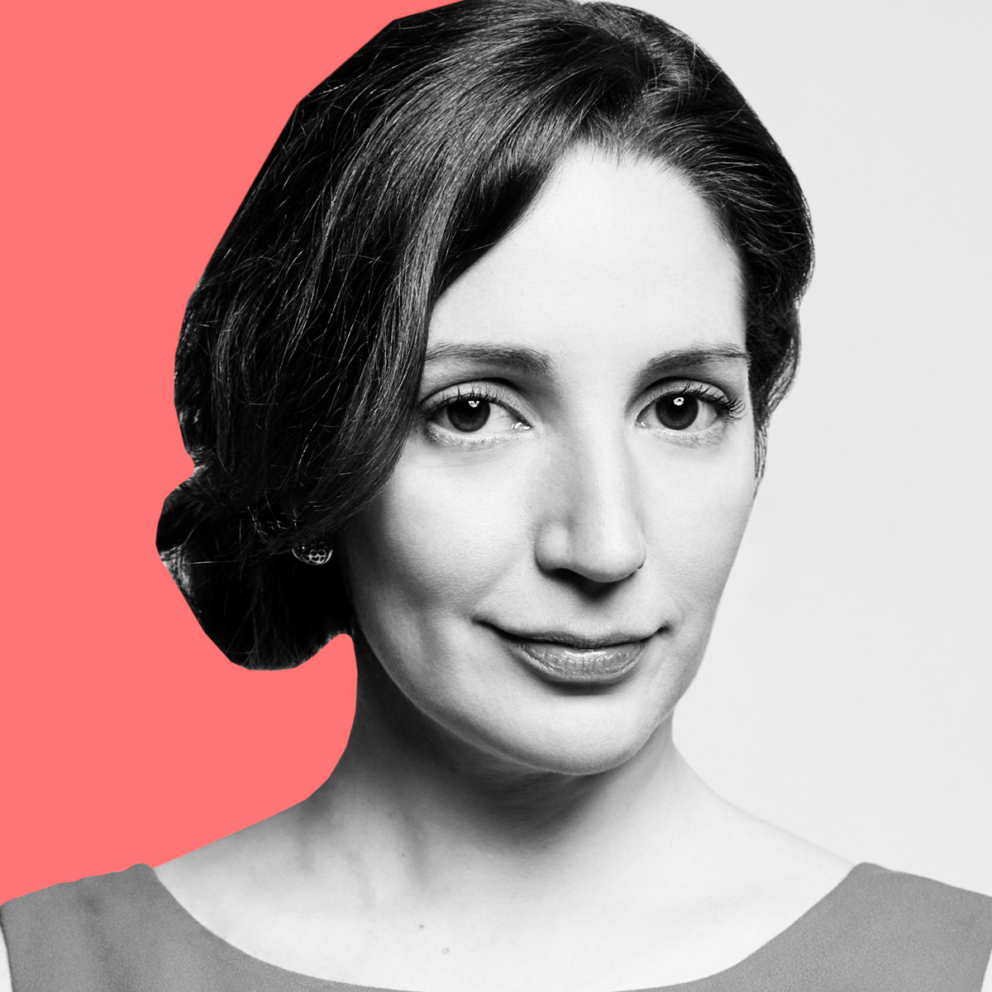
Sandra Rodriguez
PhD, creator and producer in XR and AI, and sociologist of new technology. She has directed and produced interactive and immersive experiences that have garnered prestigious awards. Her work spans from VR to machine-learning, LLM and image generation, misusing tools from their use to explore unexpected potential and forms. Between 2017-2022, she created and led the HackingXR program at the Massachusetts Institute of Technology, MIT’s first course on XR production.
-
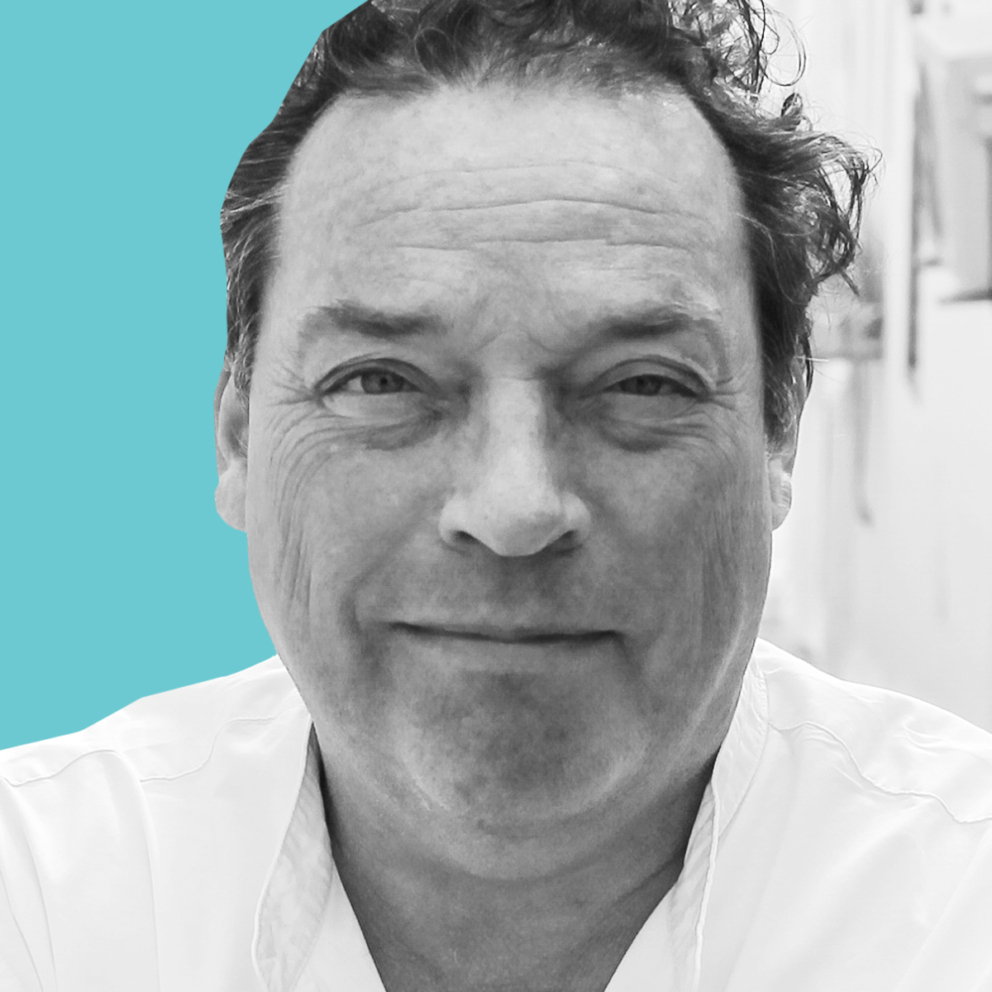
Stefan Weber
Currently directing the re-conceptualisation of Museum for Islamic Art at the Pergamon in Berlin, which explores new grounds in communicating art and archaeology of the Islamic Middle East. He started several nationwide community programs; the project ‘Multaka’, on refugees as guides for newcomers, won several awards. He initiated the Syrian Heritage Archive Project, focused on the heritage for the reconstruction of Aleppo. He is a member of the Academy of the Kingdom of Morocco and of ICOMOS.
-
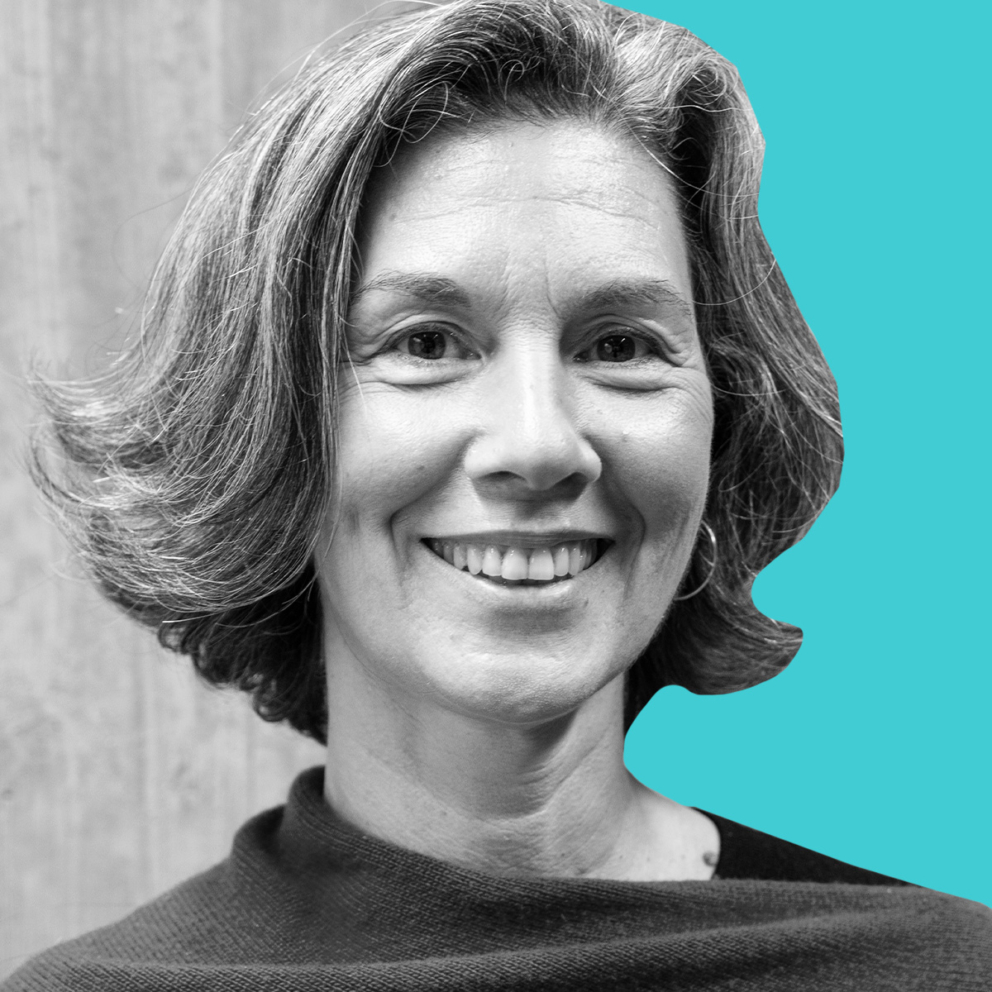
Susana Gomes da Silva
With degrees in History, Museums and Education, and Museum Studies, Susana Gomes da Silva is a programmer, cultural mediator, teacher and consultant in the field of museum education. She is head of education, mediation, participation, and educational programming at the Calouste Gulbenkian Foundation’s Modern Art Centre (whose educational service she founded in 2002). From 2016 to 2021 she was head of Educational Programming at the Gulbenkian Museum (Modern Collection and Founder’s Collection).
-
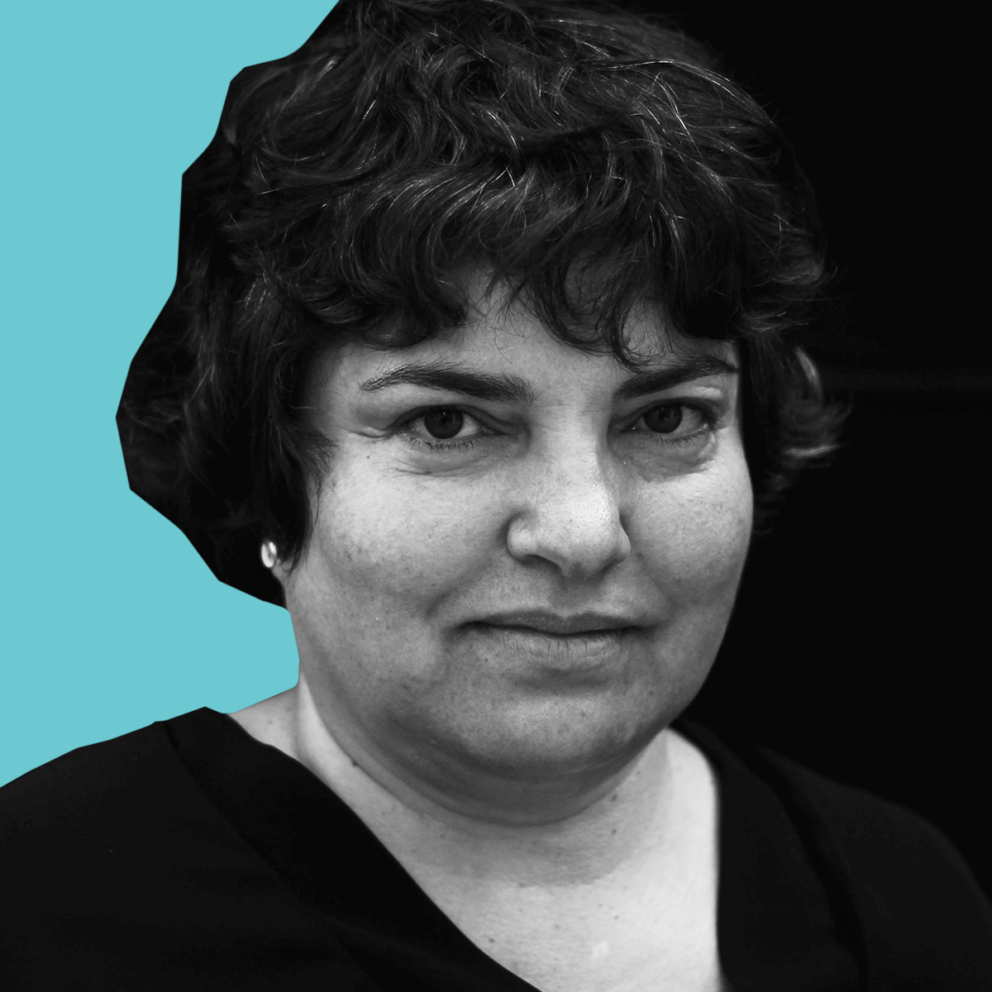
Vânia Carvalho
Technical coordinator of Museu de Leiria, Centro de Interpretação do Abrigo do Lagar Velho and Centro de Diálogo Intercultural de Leiria. She has an undergraduate degree in History (Archaeology), a master’s in Human Evolution and Biology, and a postgraduate degree in Tourism, Leisure, and Culture. She believes that museums need to work with, listen to, and give a voice to diverse communities, both within and around them, in order to become participatory, free, and authentic spaces.
-
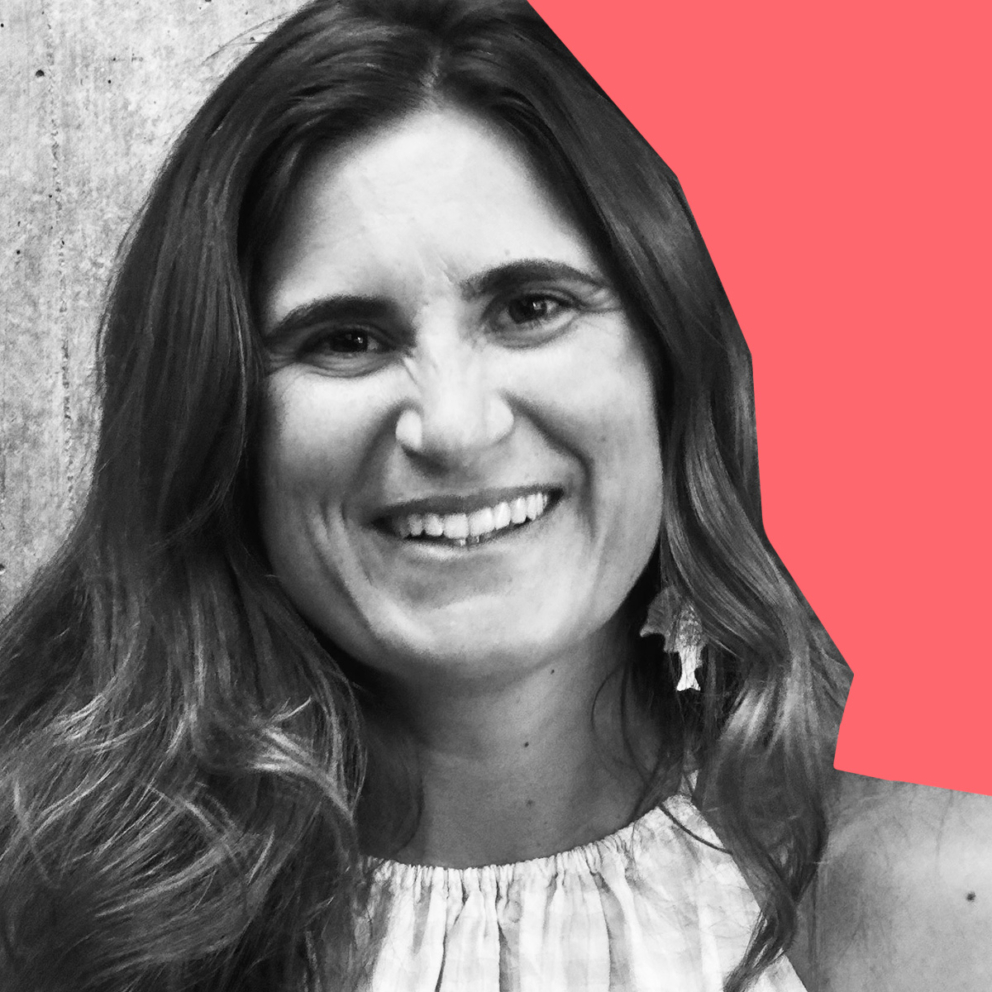
Vera Mariz
Research curator at the Calouste Gulbenkian Museum, with a PhD in Art History and specialized in Collecting and Art Markets. As a researcher at ARTIS – Institute of Art History, she has developed postdoctoral projects in these fields, funded by the Foundation for Science and Technology, in addition to coordinating and collaborating on Digital Humanities projects. She regularly contributes to international scientific publications and conferences, as well as exhibition catalogues.
Programme
17:30 / Registration
18:00 / Welcome
Artificial Intelligence: the end of museums?
18:30 / Digital dilemmas: purpose-driven digital leadership in museums
19:00 / Reframing myths, reshaping futures: innovating with, for or through AI
SHARING POWER
09:30 / Registration
Panel 1 – Revolutionised museums: yesterday’s art, today
10:00 / Engaging the modern visitor: strategies for contemporary relevance in BELvue Museum
10:20 / Pulling the past into the present: Islamic art and the museum today
10:40 / Debate
— Intermission 20 MIN —Panel 2 – Participatory curatorship: democracy in action?
11:20 / Who wrote that word?
11:40 / Policies and poetics of collective creation: questions based on PELE's experience in the field of community artistic practices
12:00 / Youth Advisory Group: participatory processes for listening and change
12:20 / Co-curating Manchester Museum’s South Asia Gallery: inclusive participatory practice
12:40 / Debate
— Intermission 90 MIN —Panel 3 – Networks and partnerships: the multiplying effect
14:30 / You and I are more than 26: Museu na Aldeia
14:50 / ‘Azimute’: a new frontier of cultural citizenship
15:10 / DES/CODIFICAR BELÉM: art and activism in the streets and inside the museum
15:30 / Museums as laboratories for democratic competencies
15:50 / Debate
— Intermission 20 MIN —16:30 / Round table: what is this museum for?
SHARING SYSTEMS
09:30 / Registration
09:30 / Policies and poetics of collective creation: methodologies and devices for mediation, participation and creation in a community context
10:00 / Disrupt, create, democratize: artists and citizens misusing tech to reshape futures
Panel 4 – The museum as citizen: difficult histories, contested identities
11:20 / Crime in museum collections: finding patterns towards hidden histories
11:40 / Ethics, provenance research, and museums: a critical overview
12:00 / In the shadow of Science: the case of the colonial collections of the National Museum of Natural History and Science, University of Lisbon
12:20 / Debate
— Intermission 90 MIN —Panel 5 – Digital-something: citizenship and knowledge
14:30 / 'Plant Letters' to museums: experiences and practices in citizen science
14:50 / Miradouro do futuro: XR approaches to cultural heritage interpretation
15:10 / An open invitation: building knowledge and networks through digital engagement
15:30 / Museobot. Artificial processes for natural curatorships
15:40 / Debate
— Intermission 20 MIN —16:20 / Round table: is the future today?
16:40 / Closing
The Calouste Gulbenkian Foundation reserves the right to collect and keep records of images, sounds and voice for the diffusion and preservation of the memory of its cultural and artistic activity. For further information, please contact us through the Information Request form.
